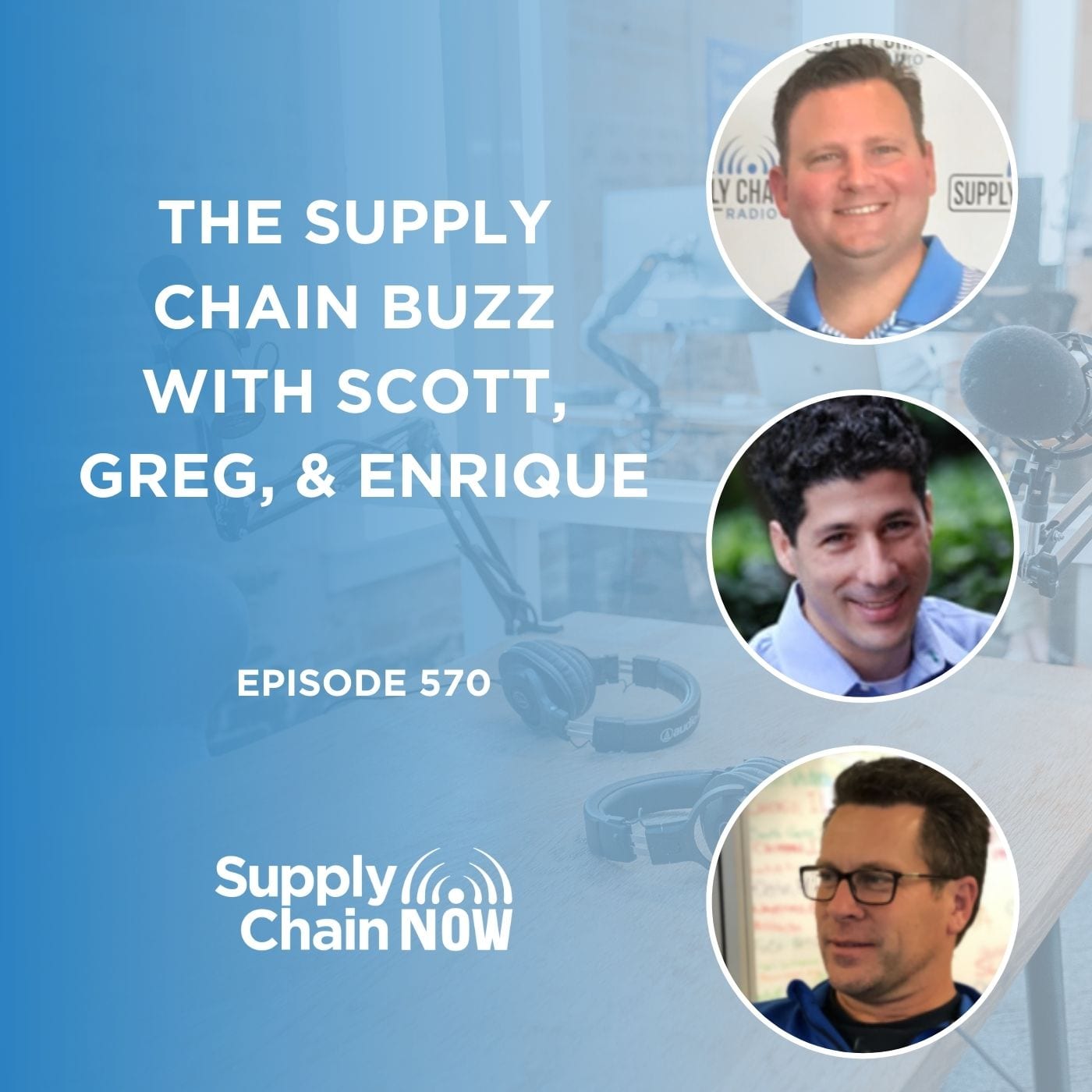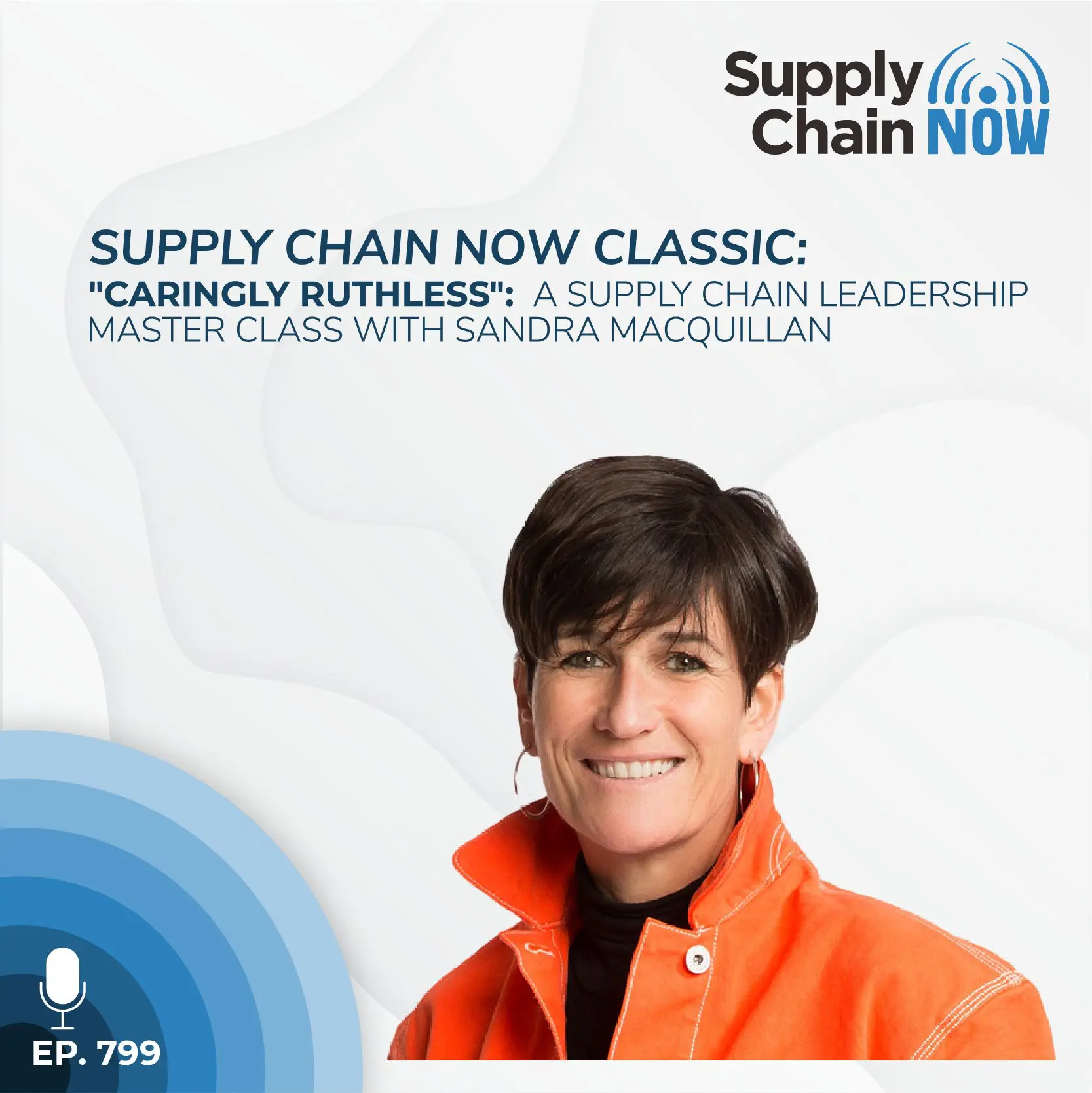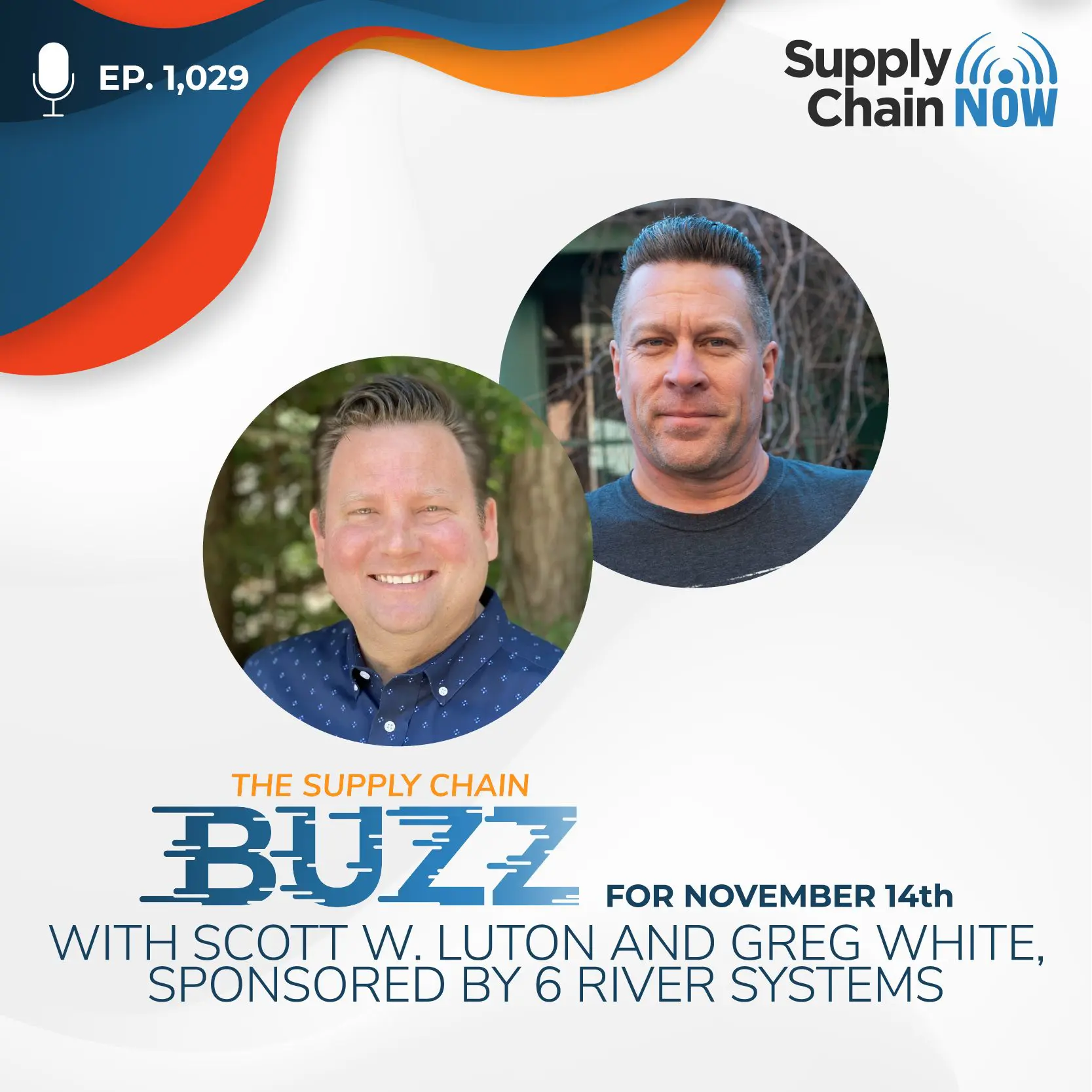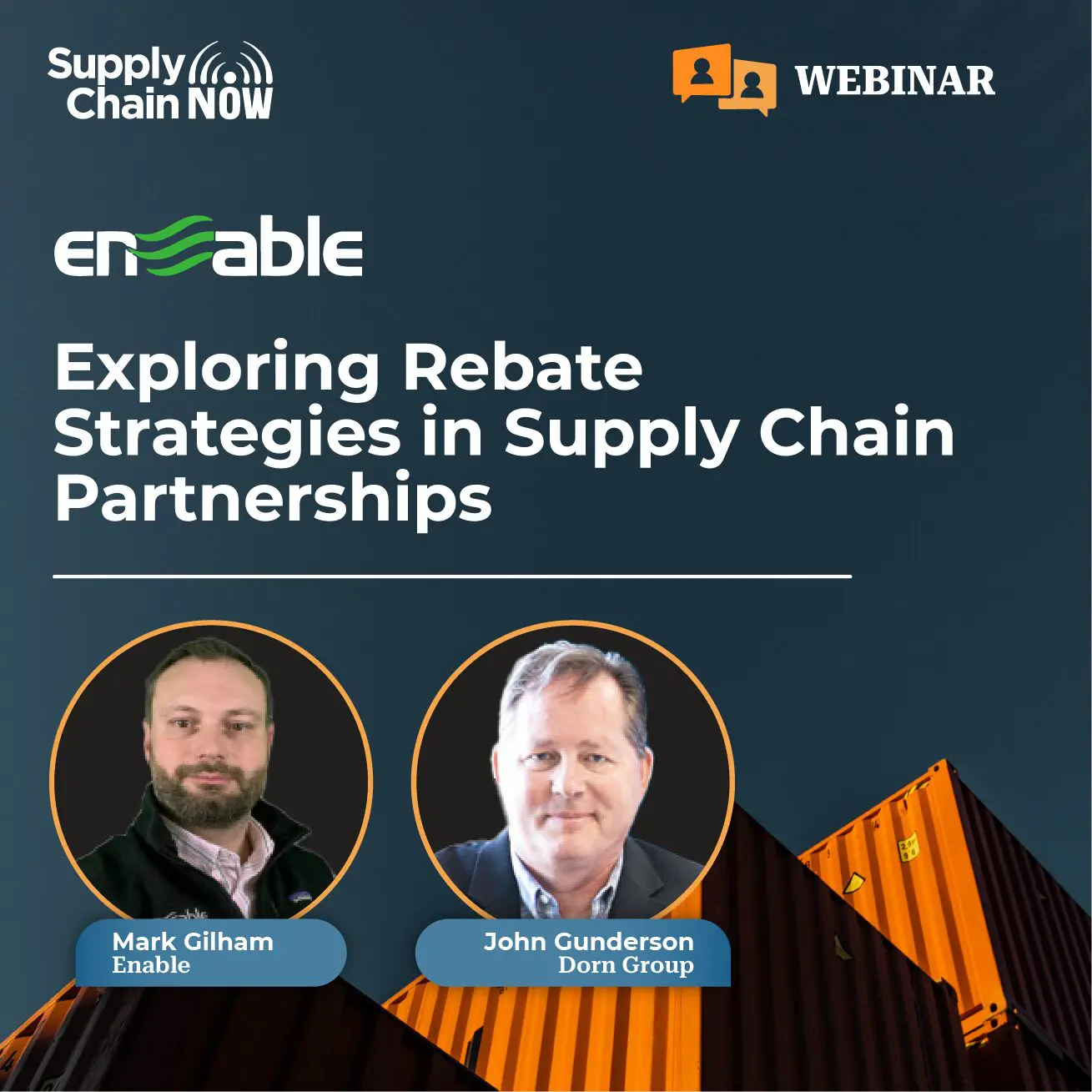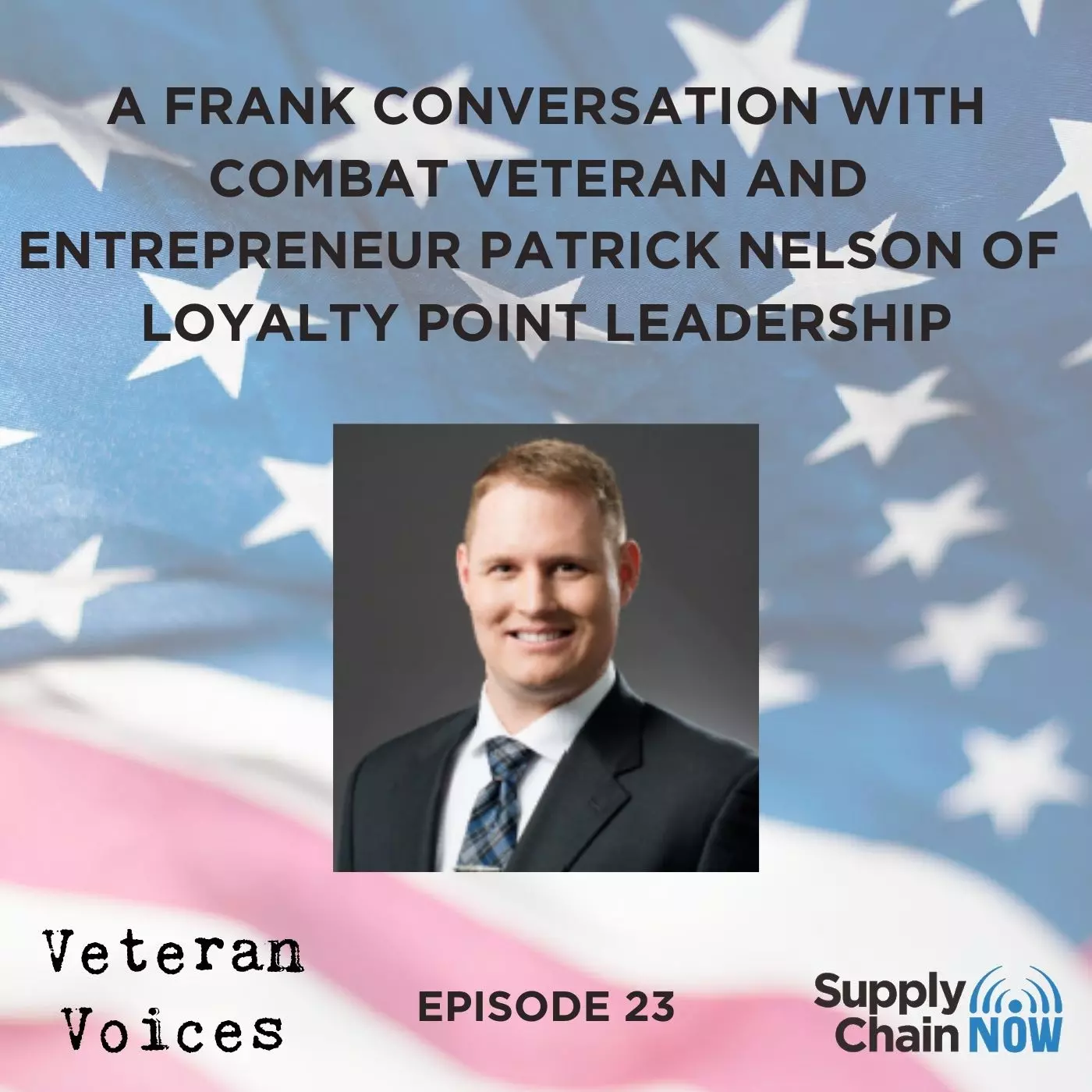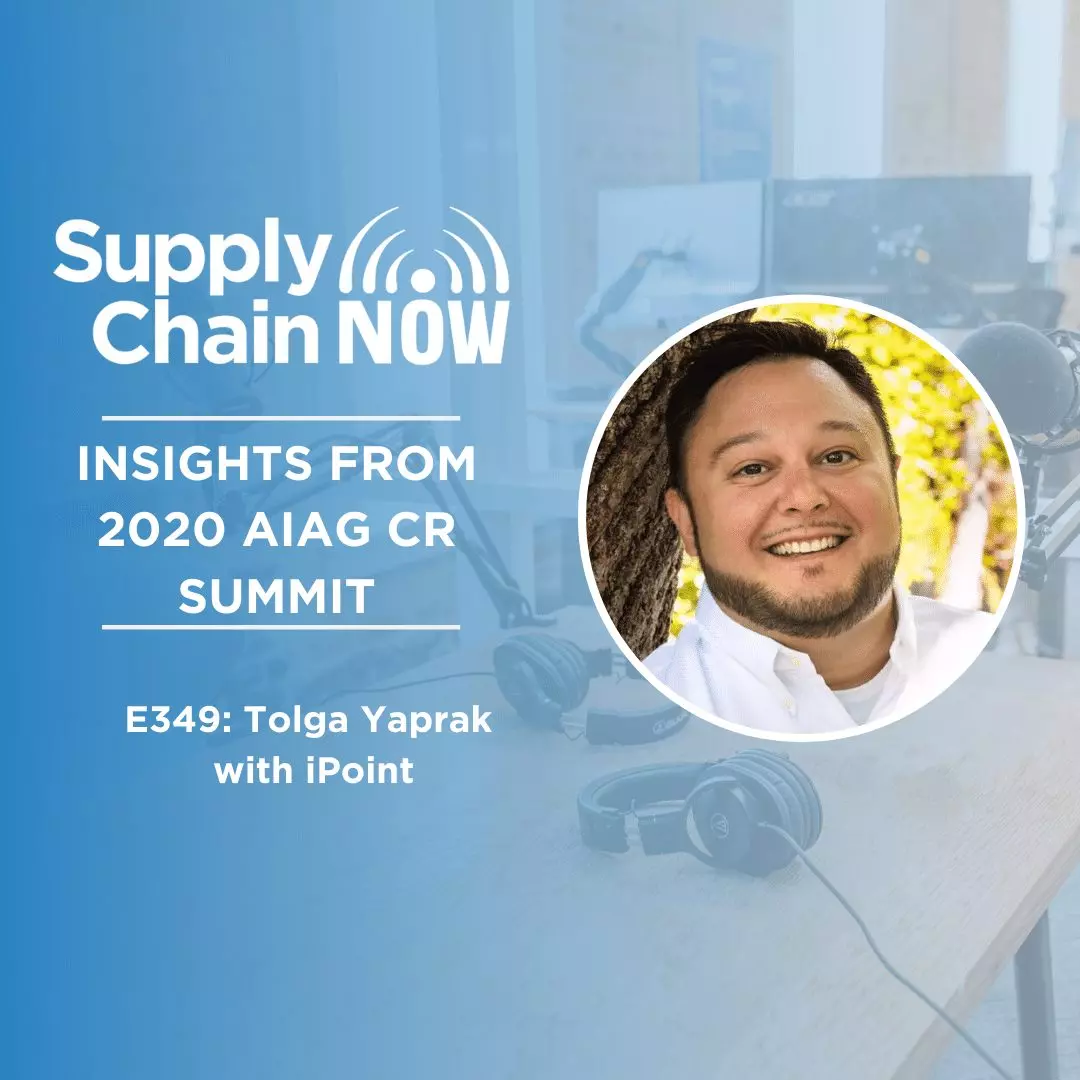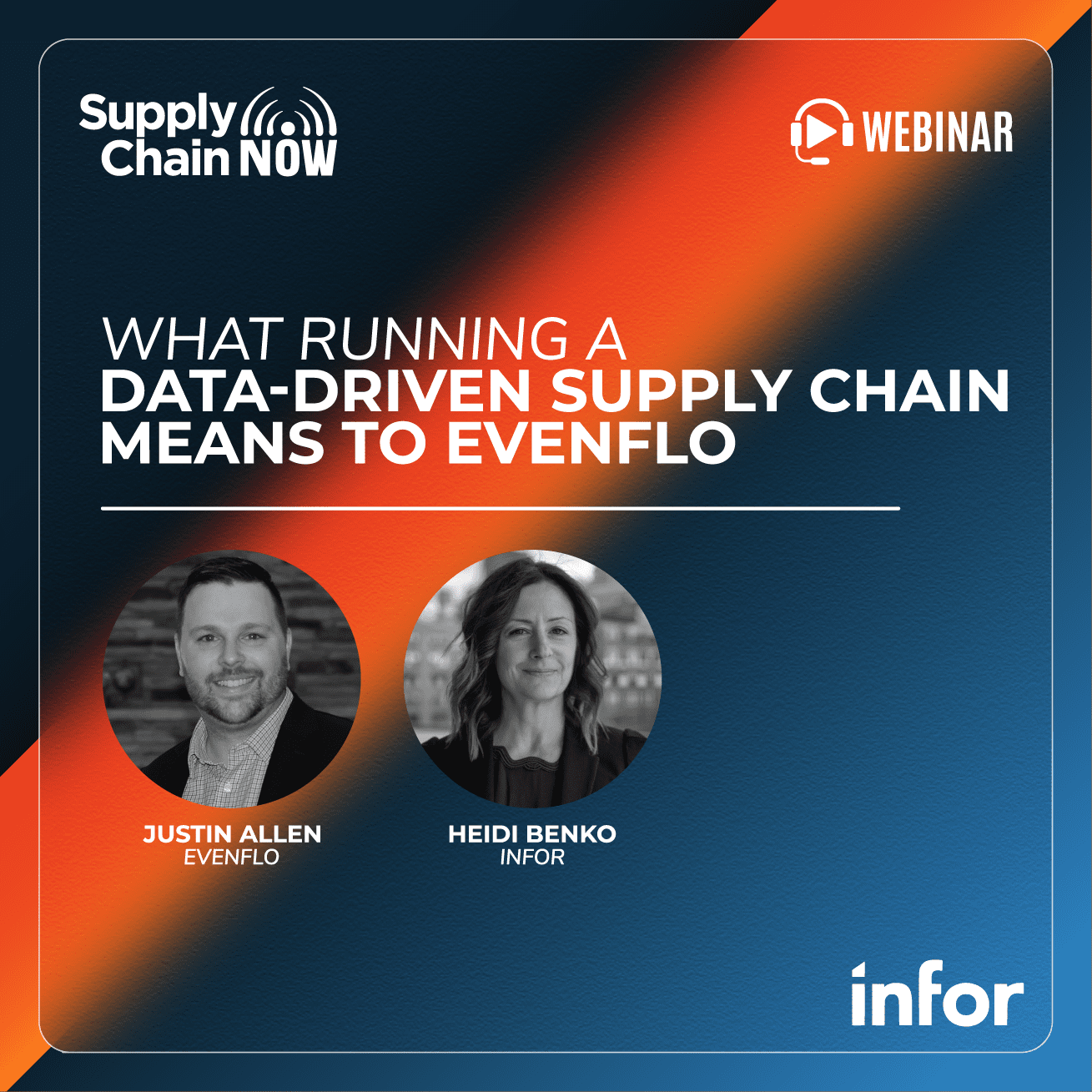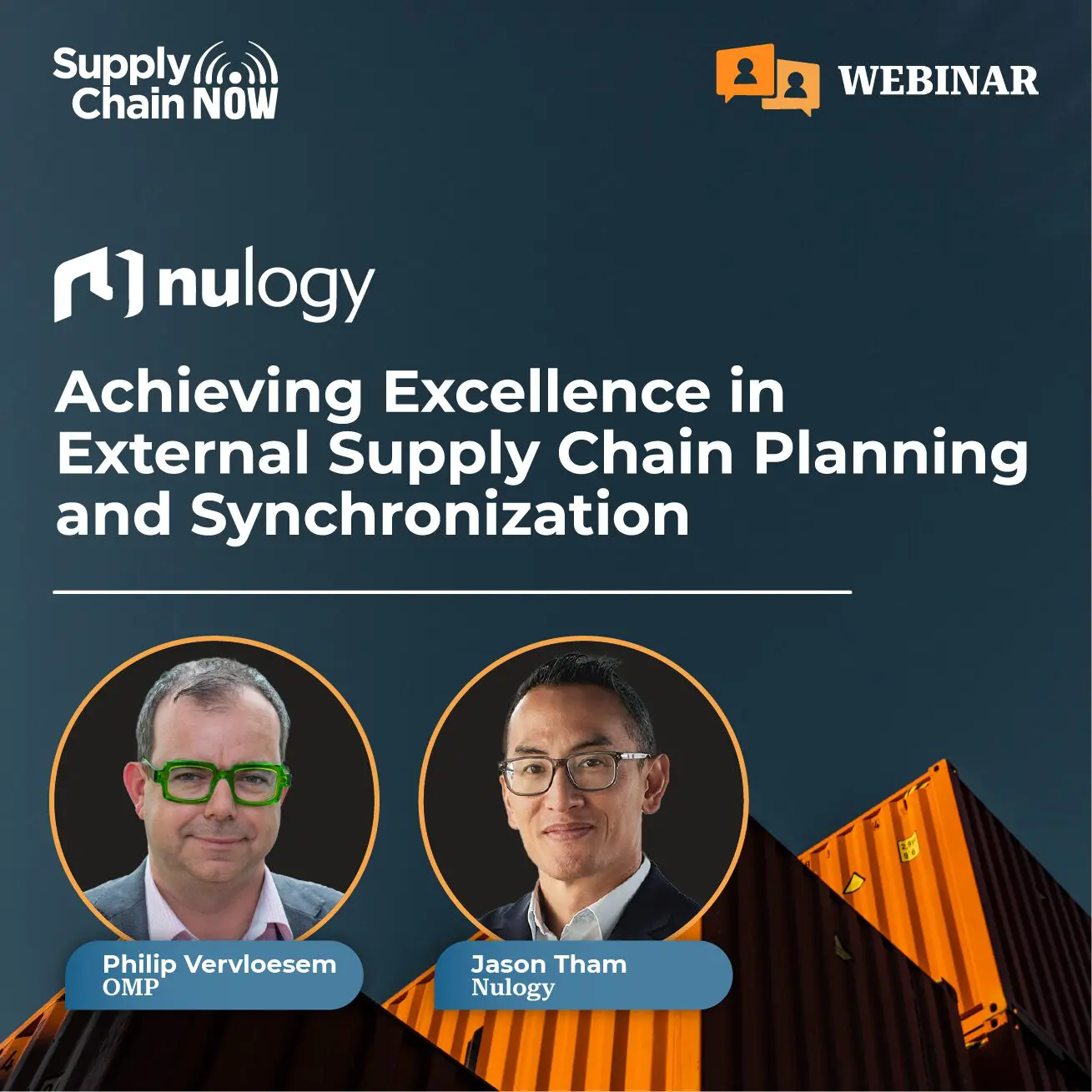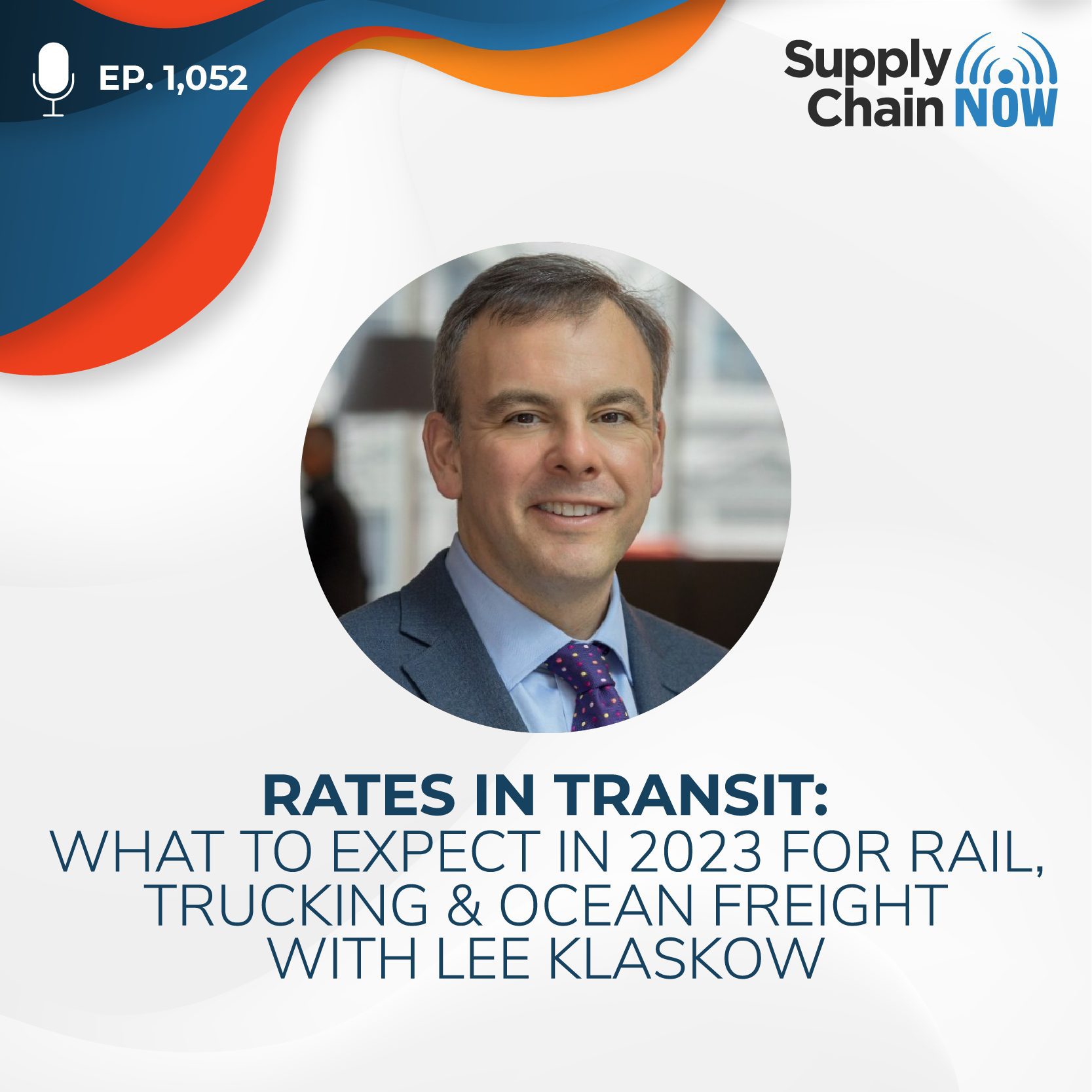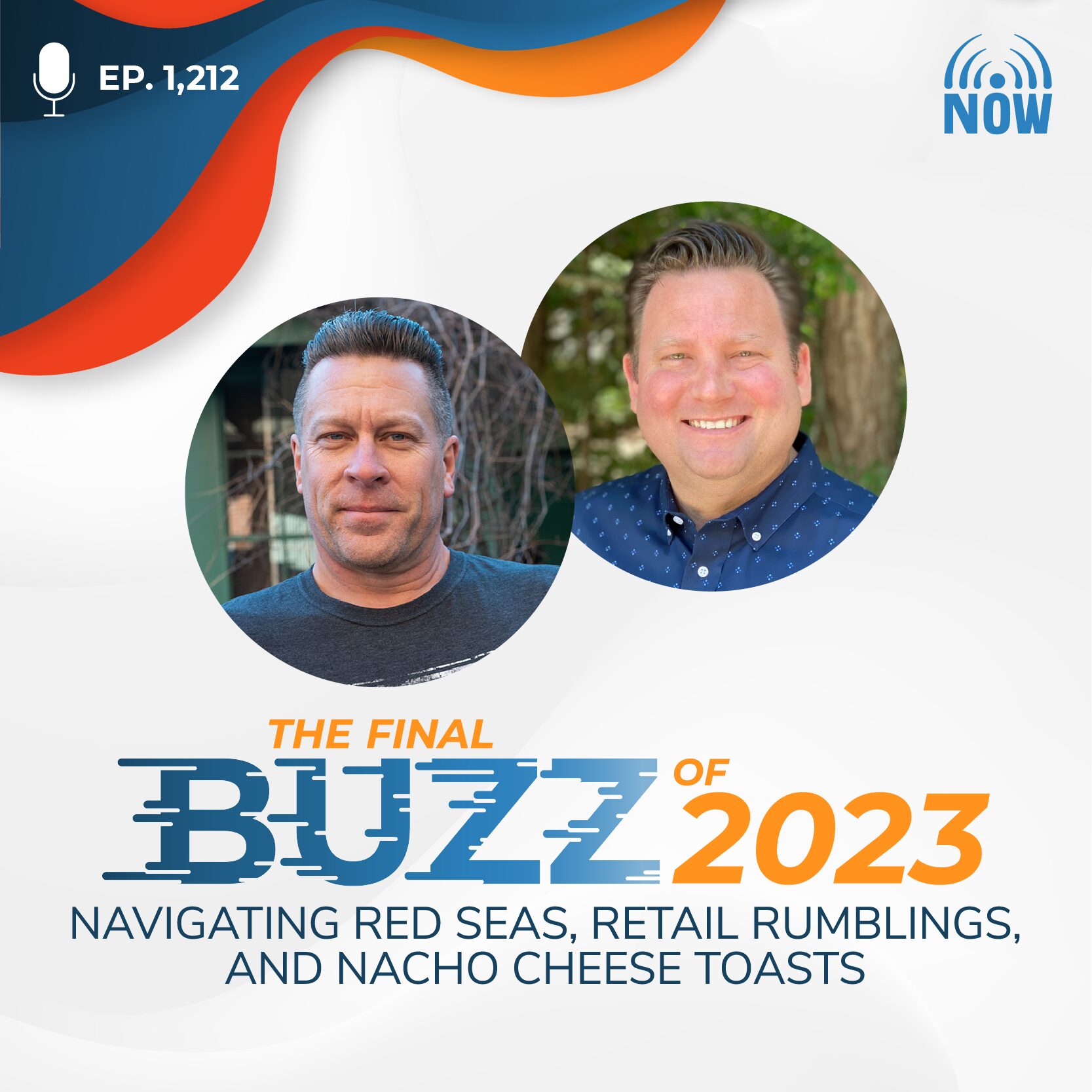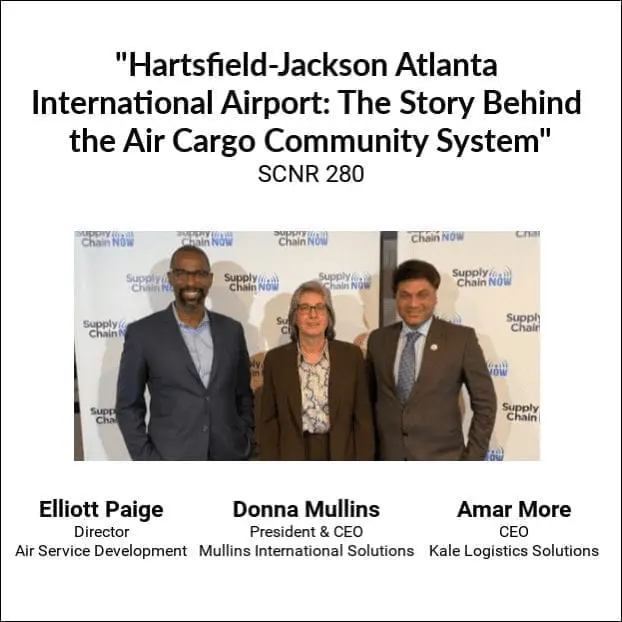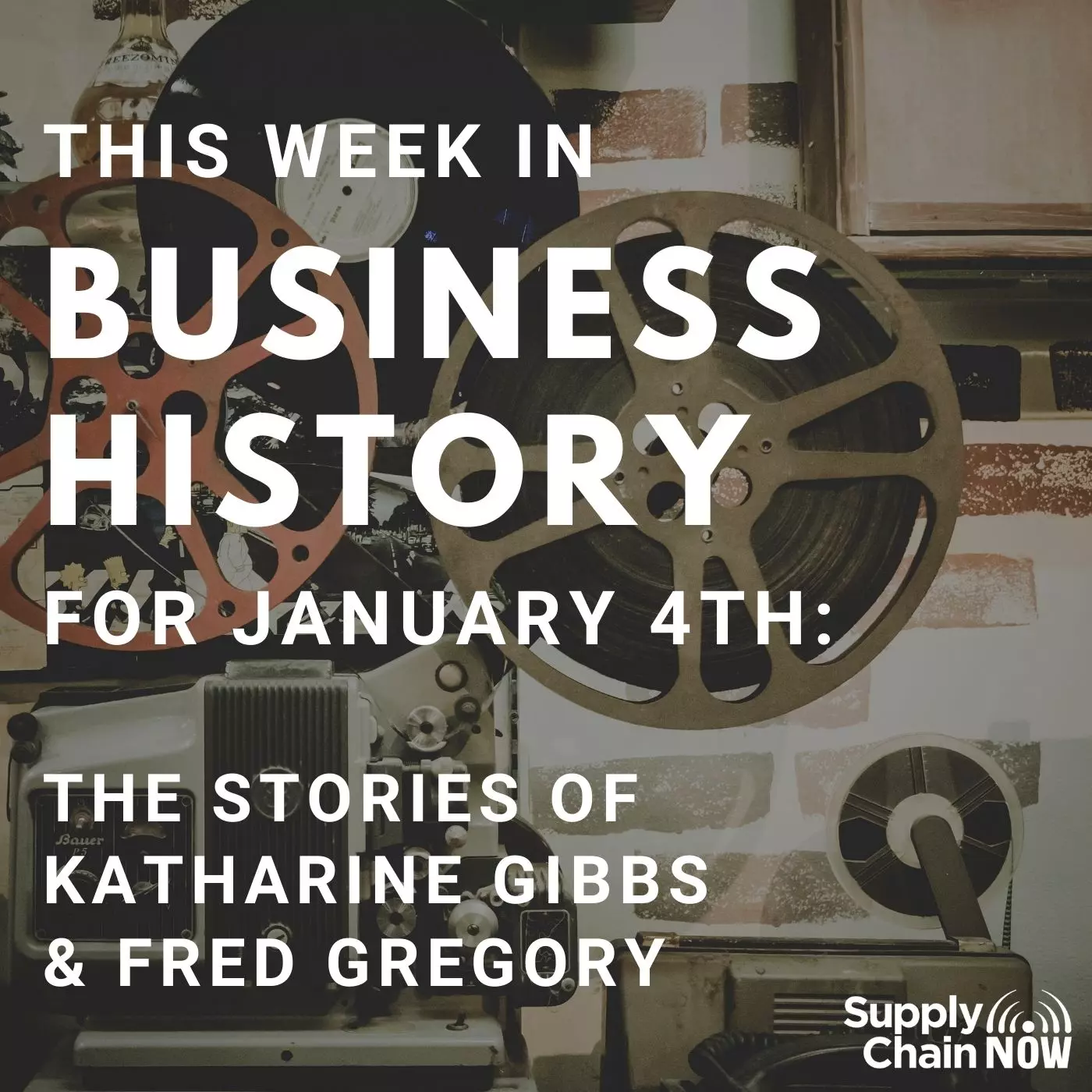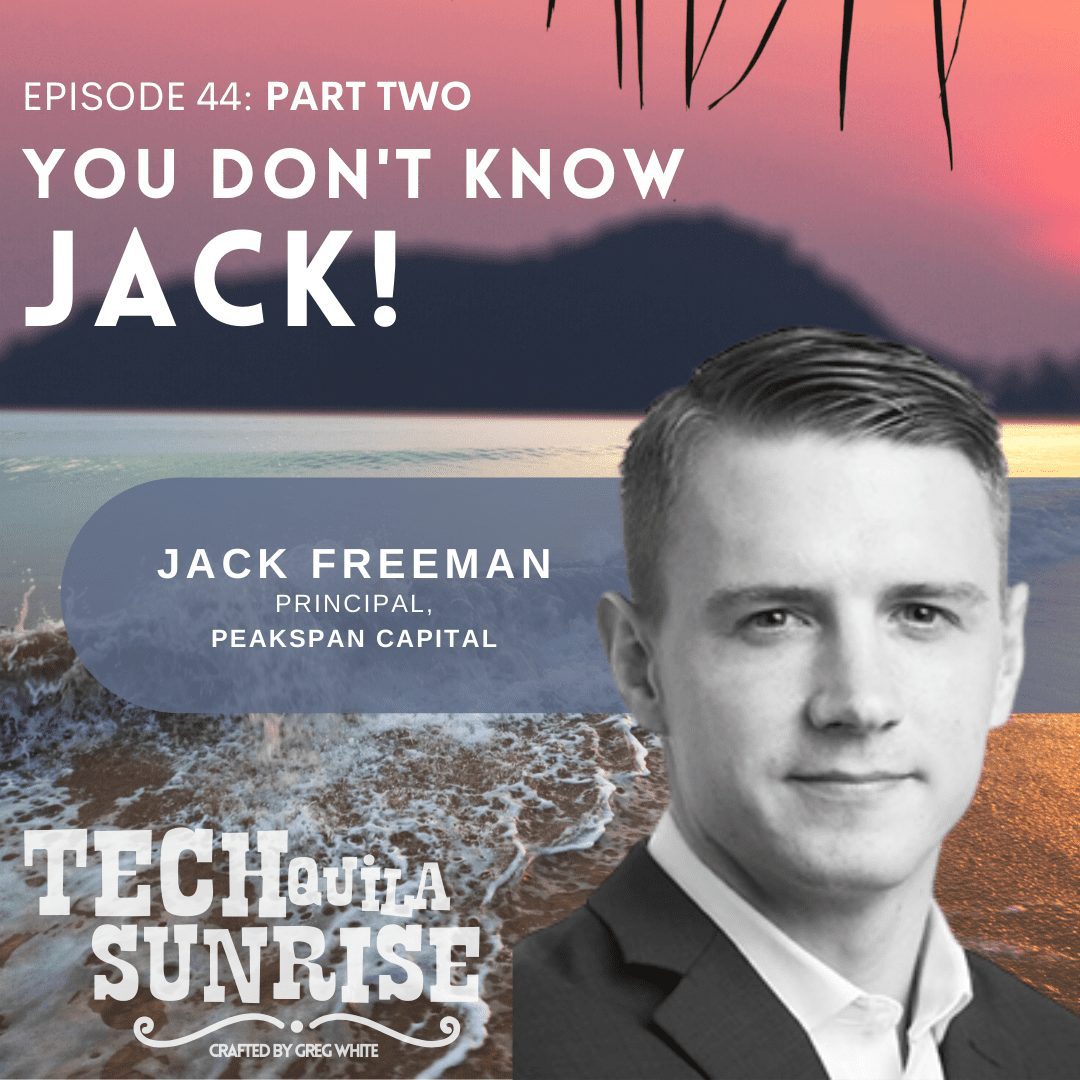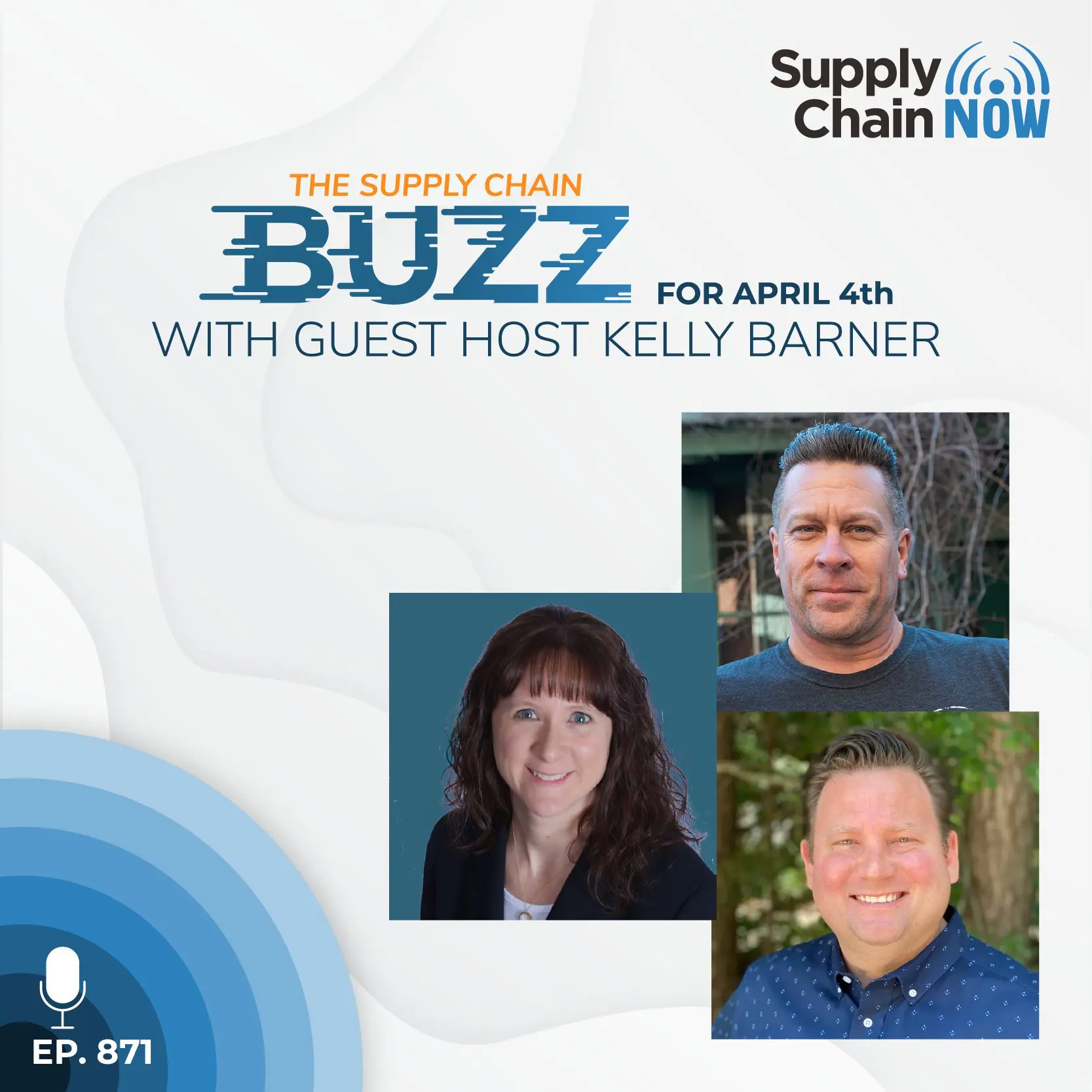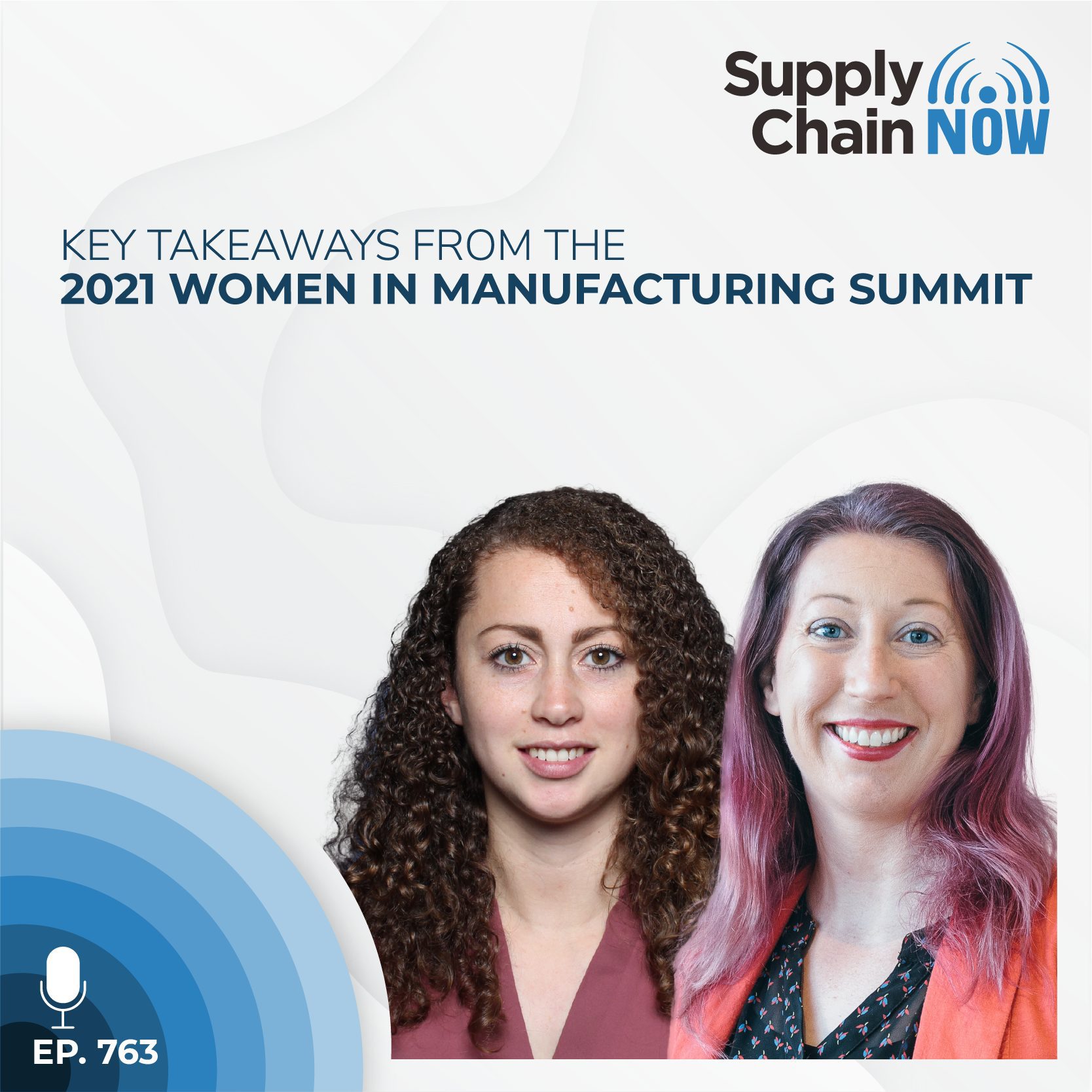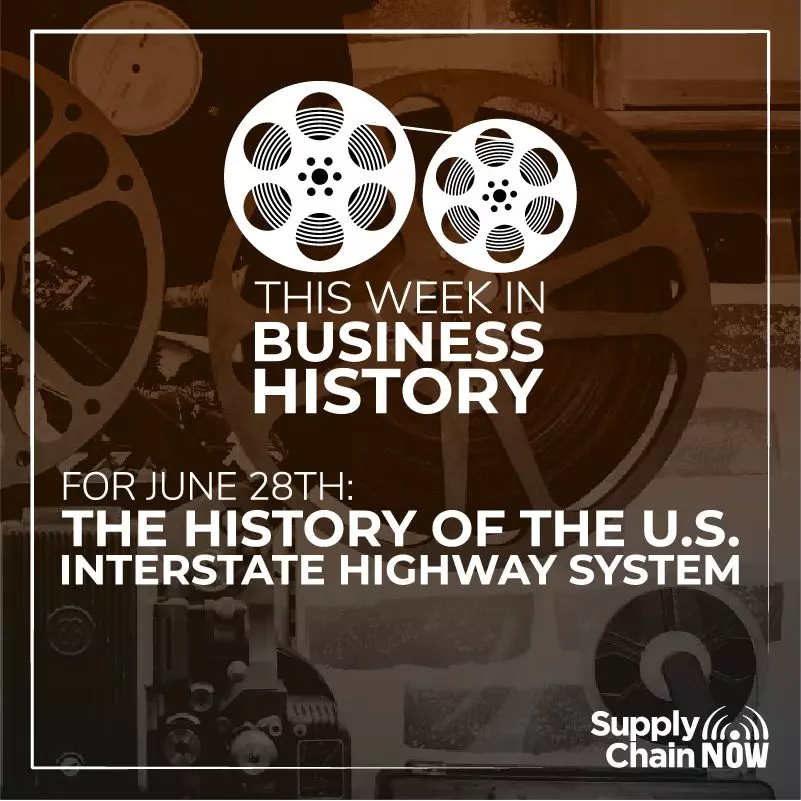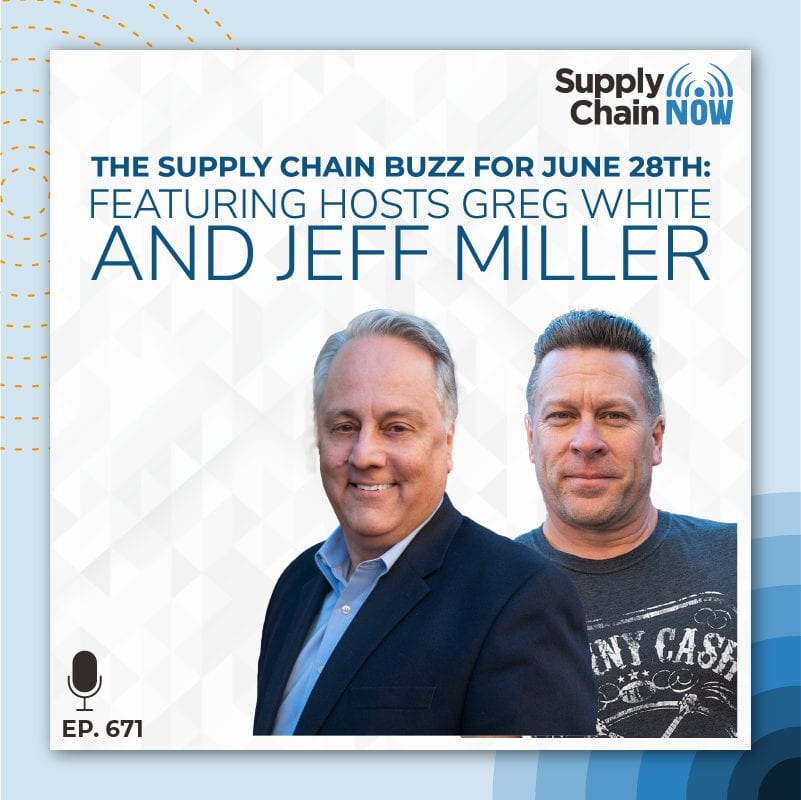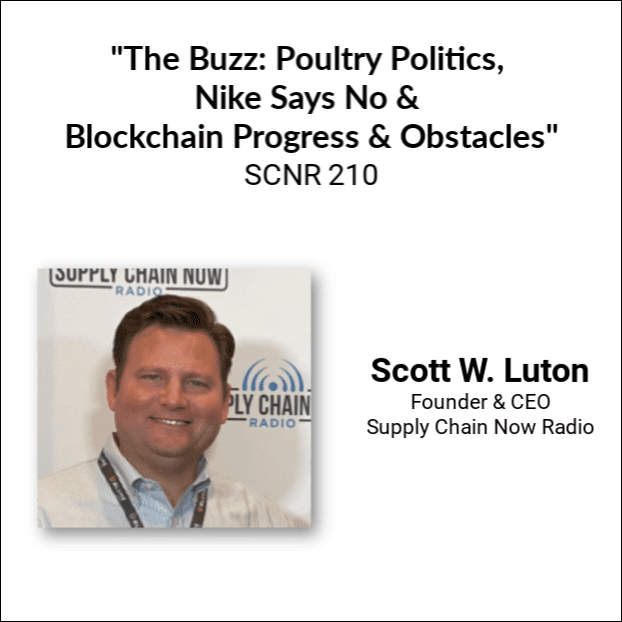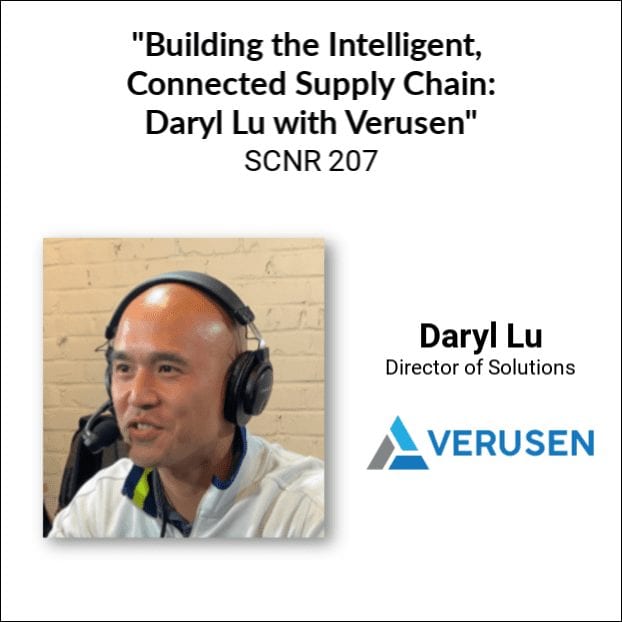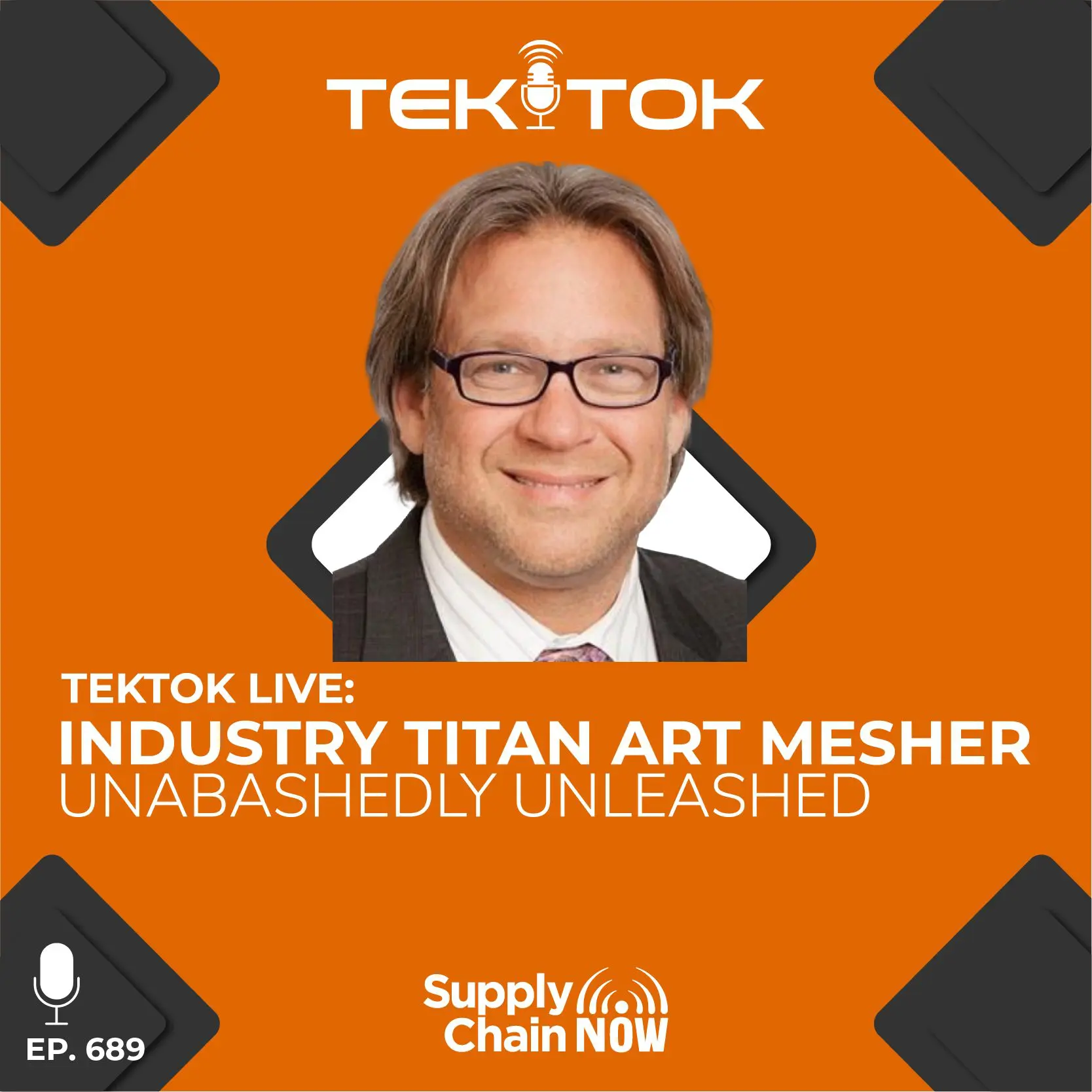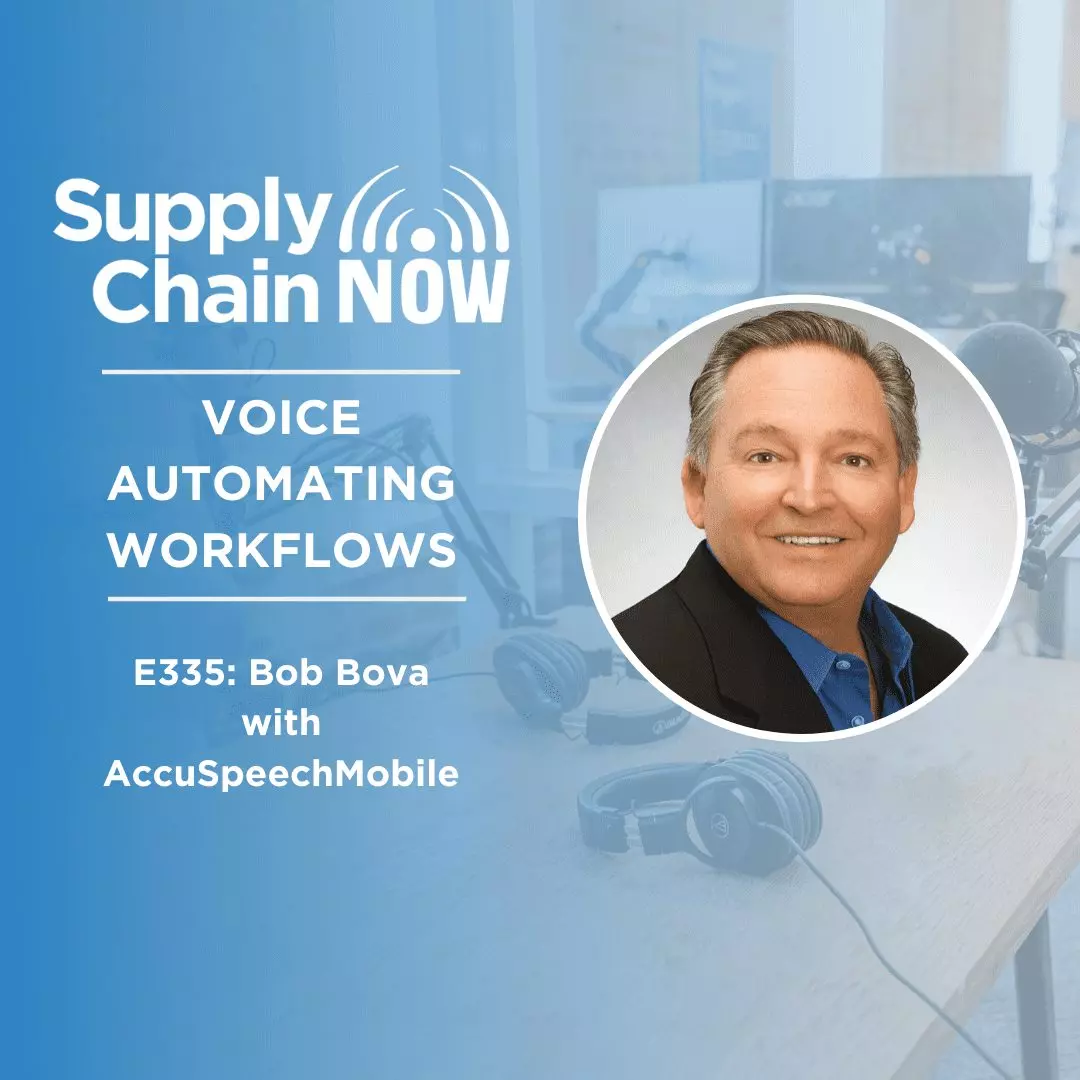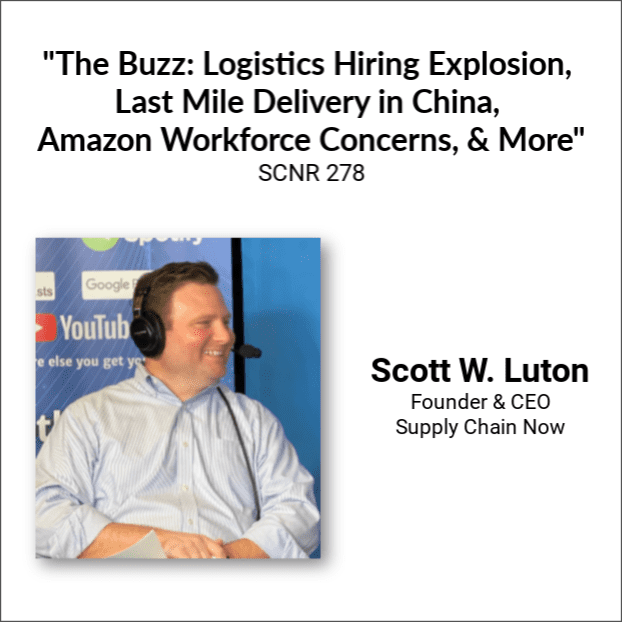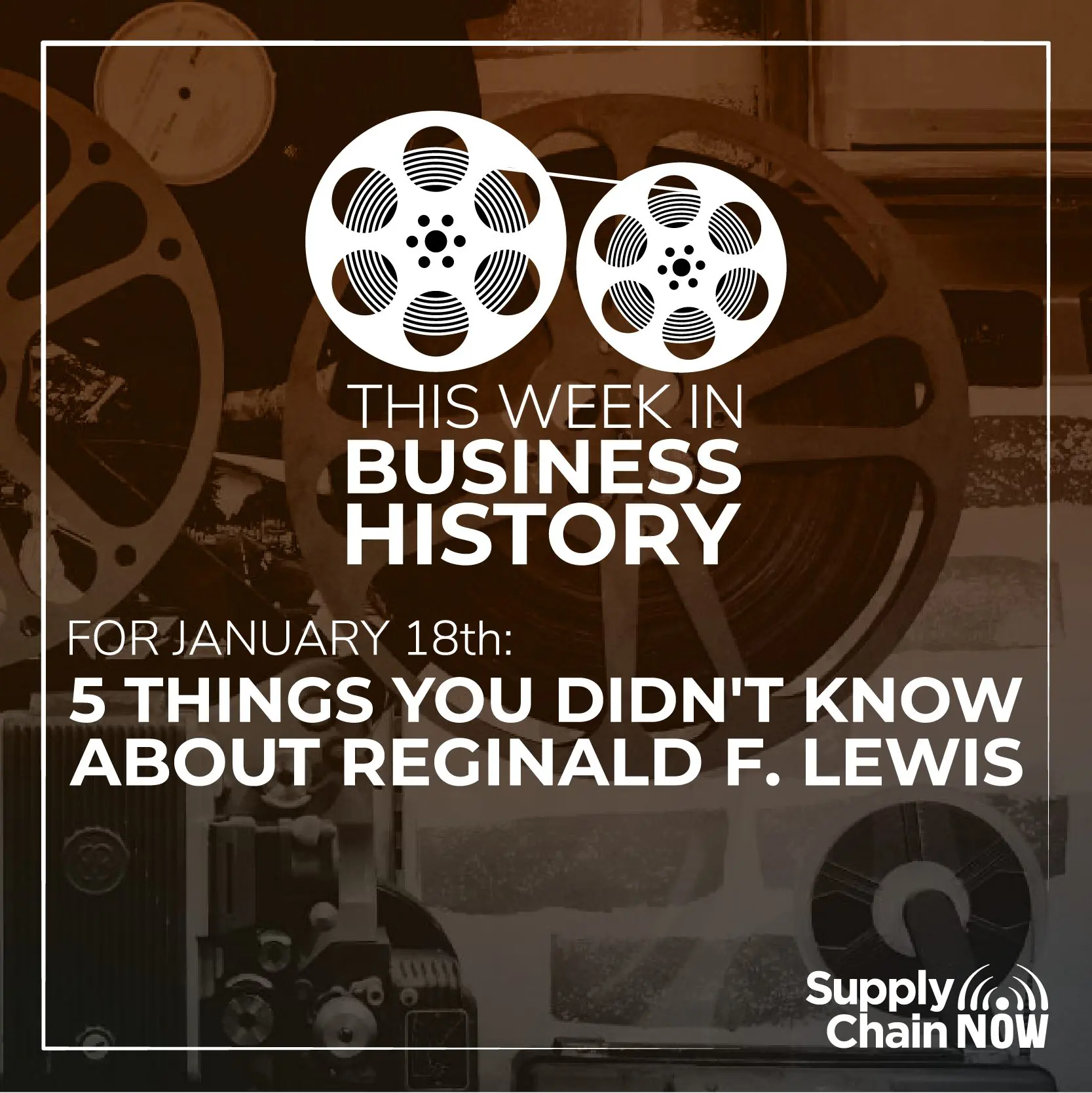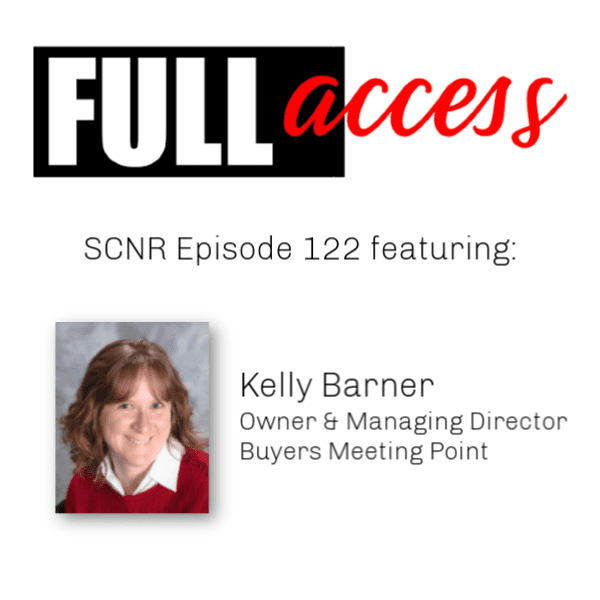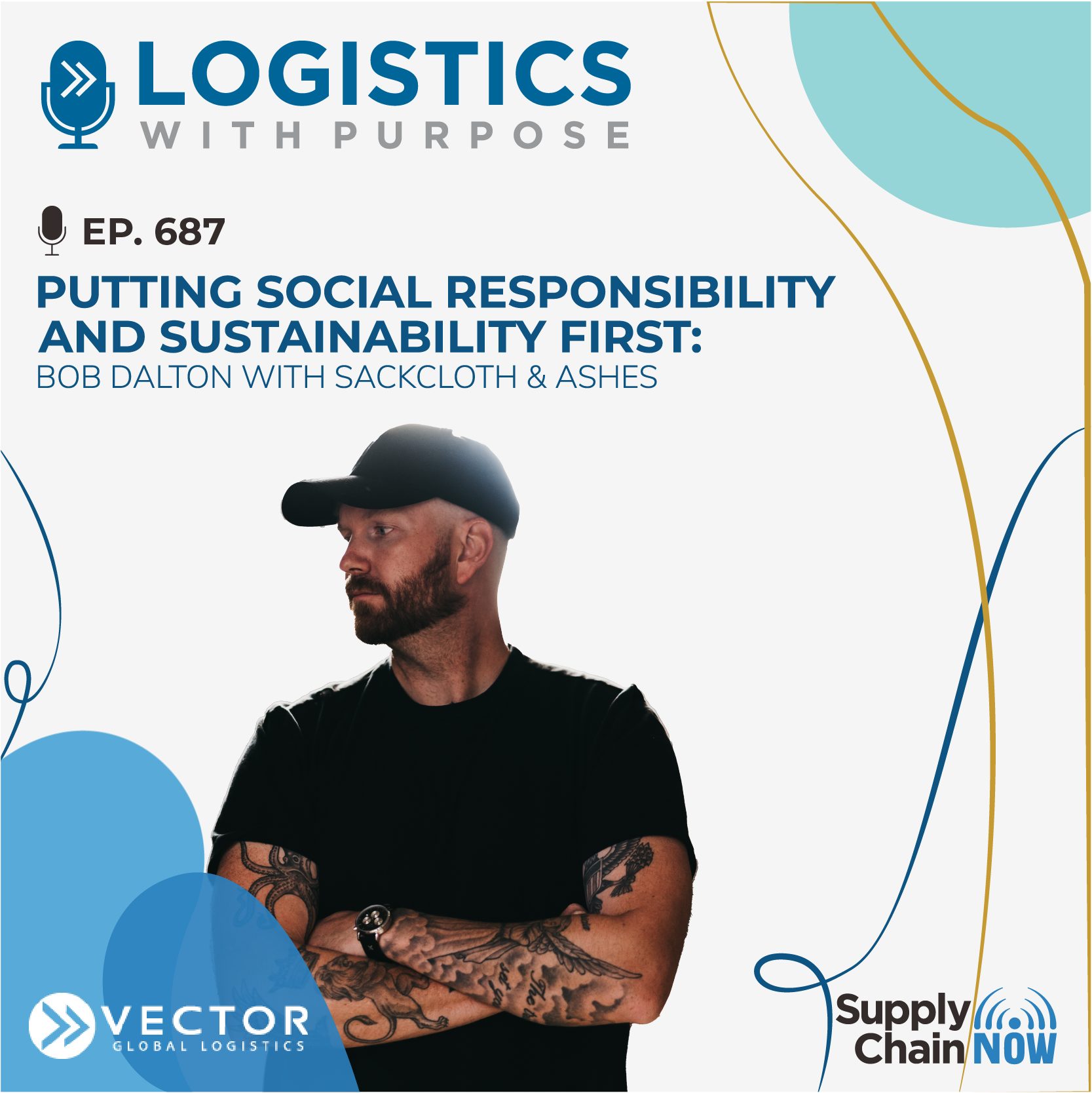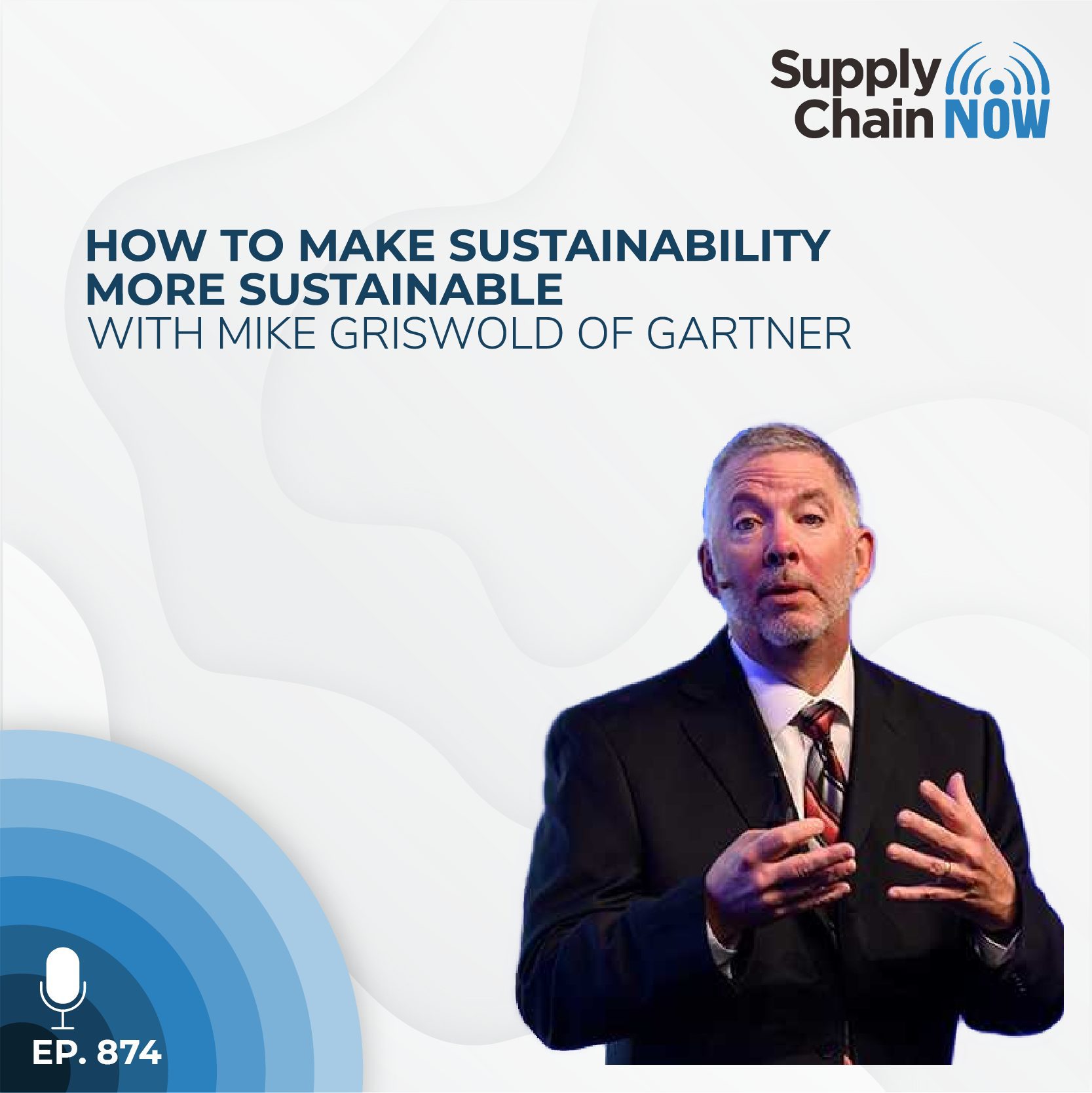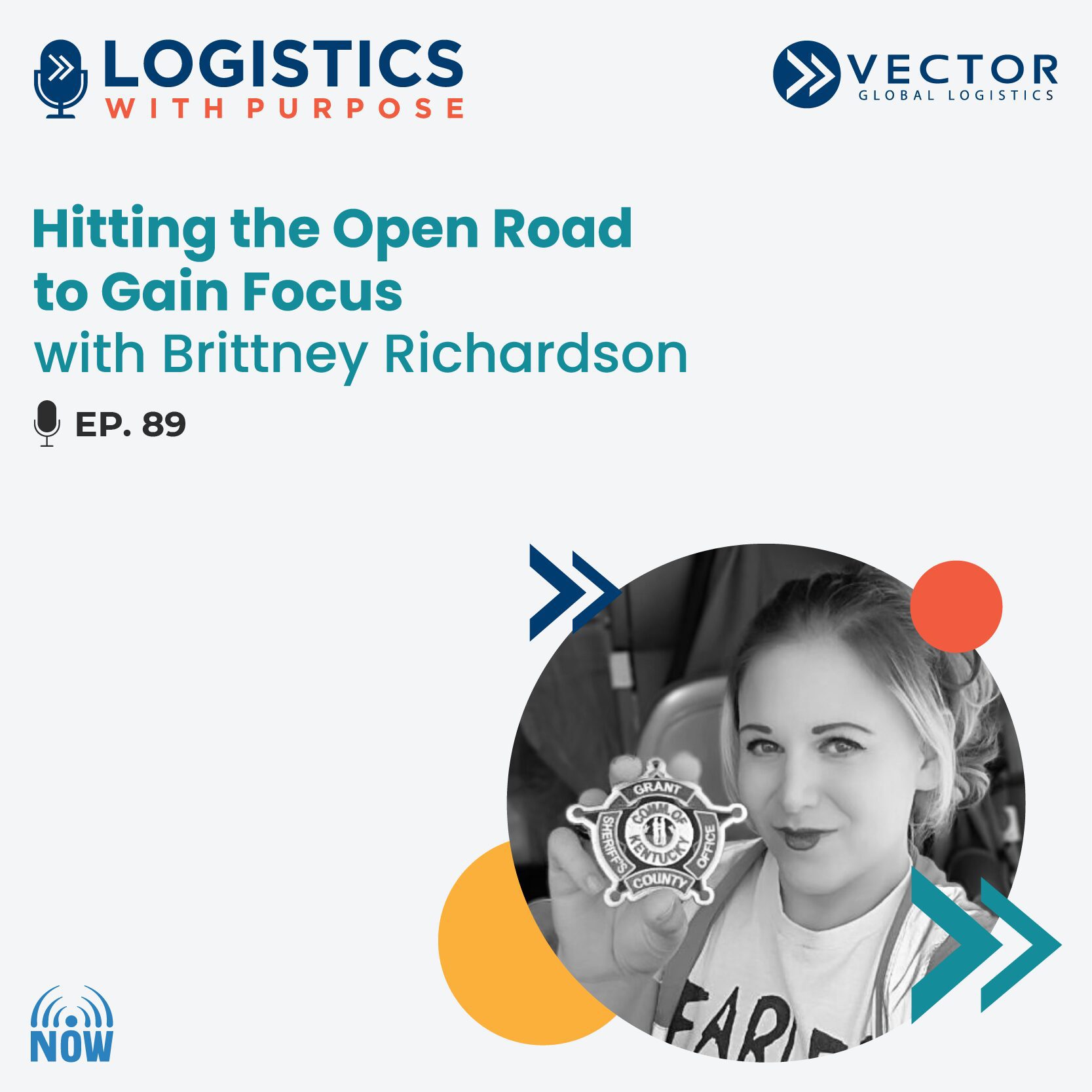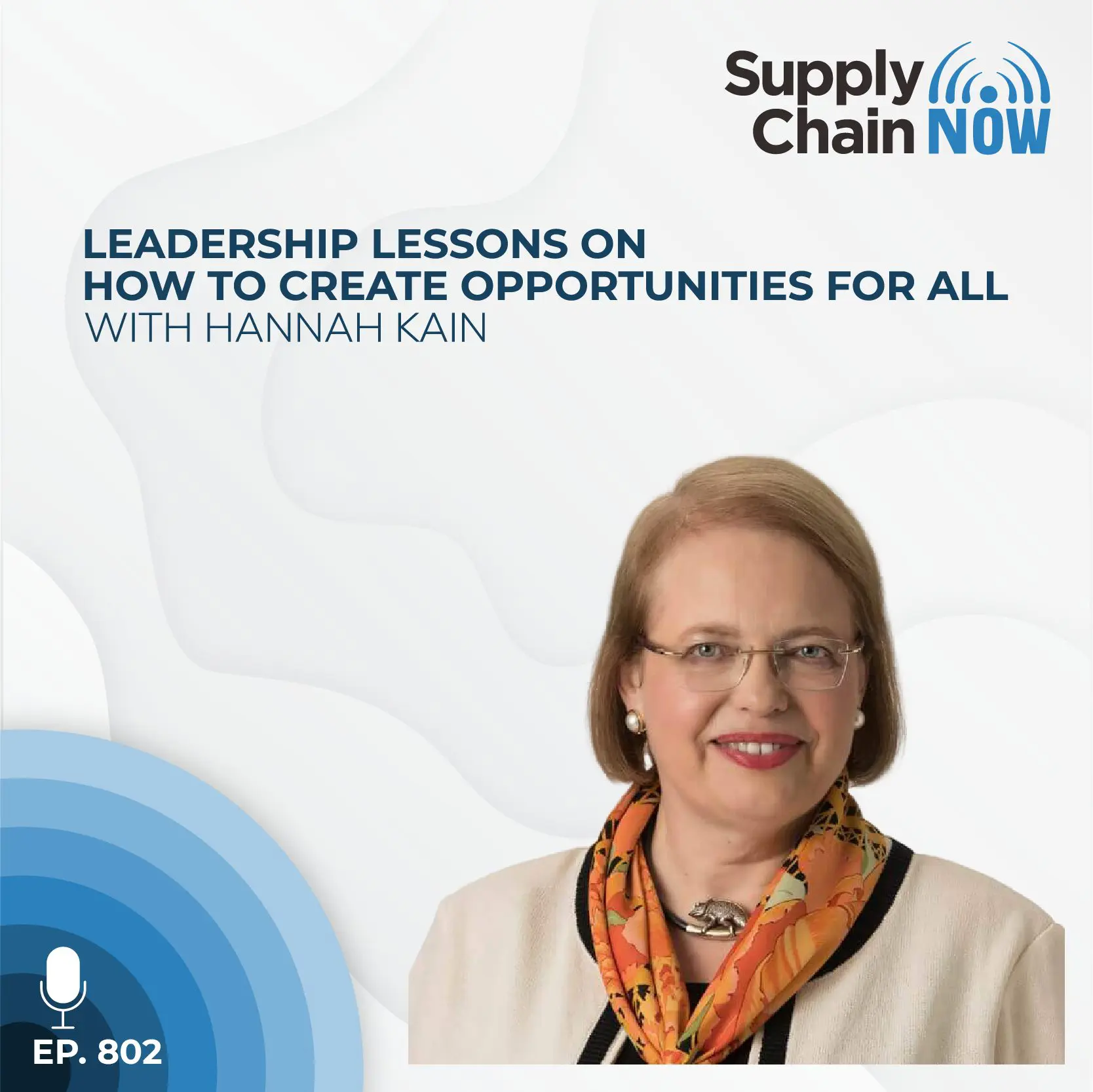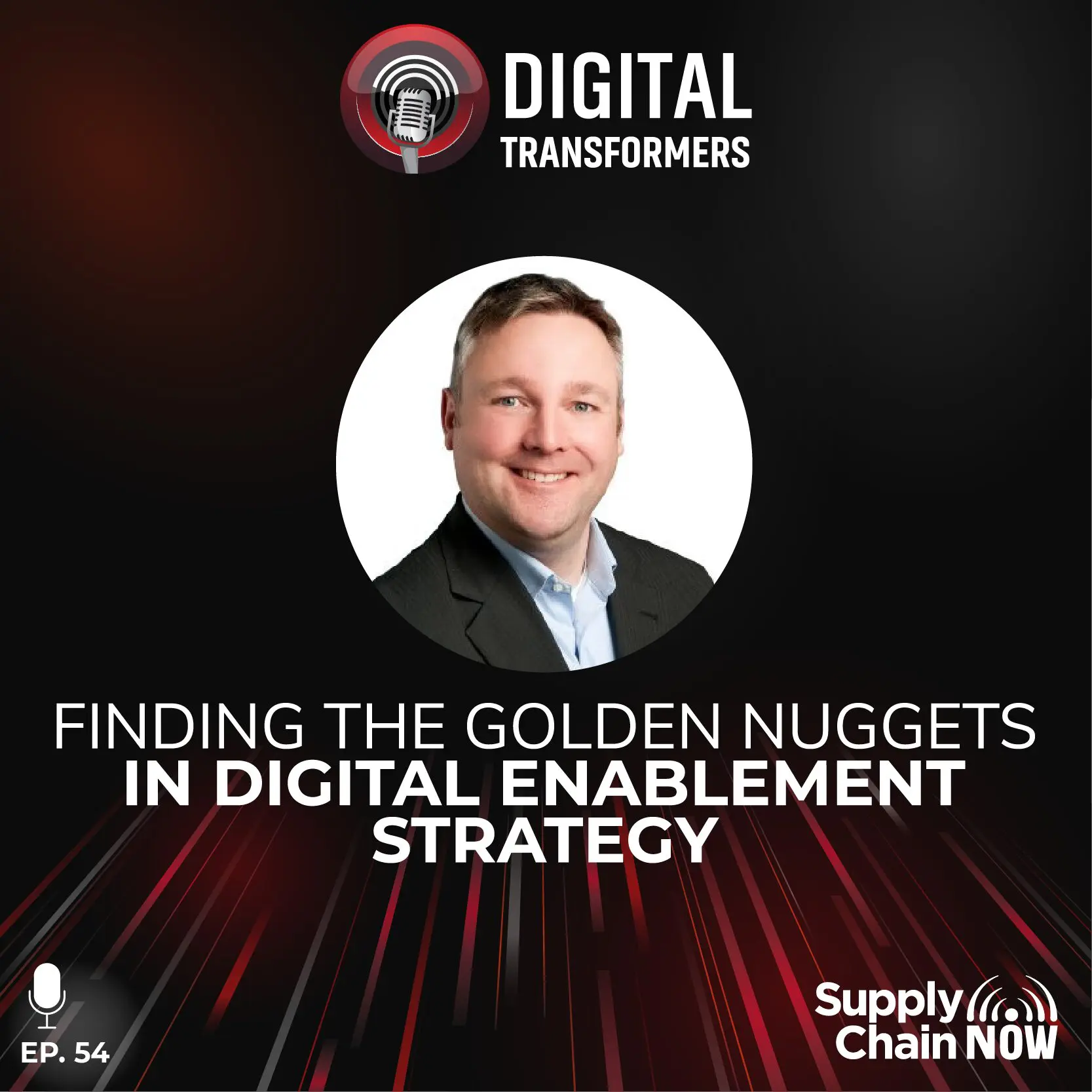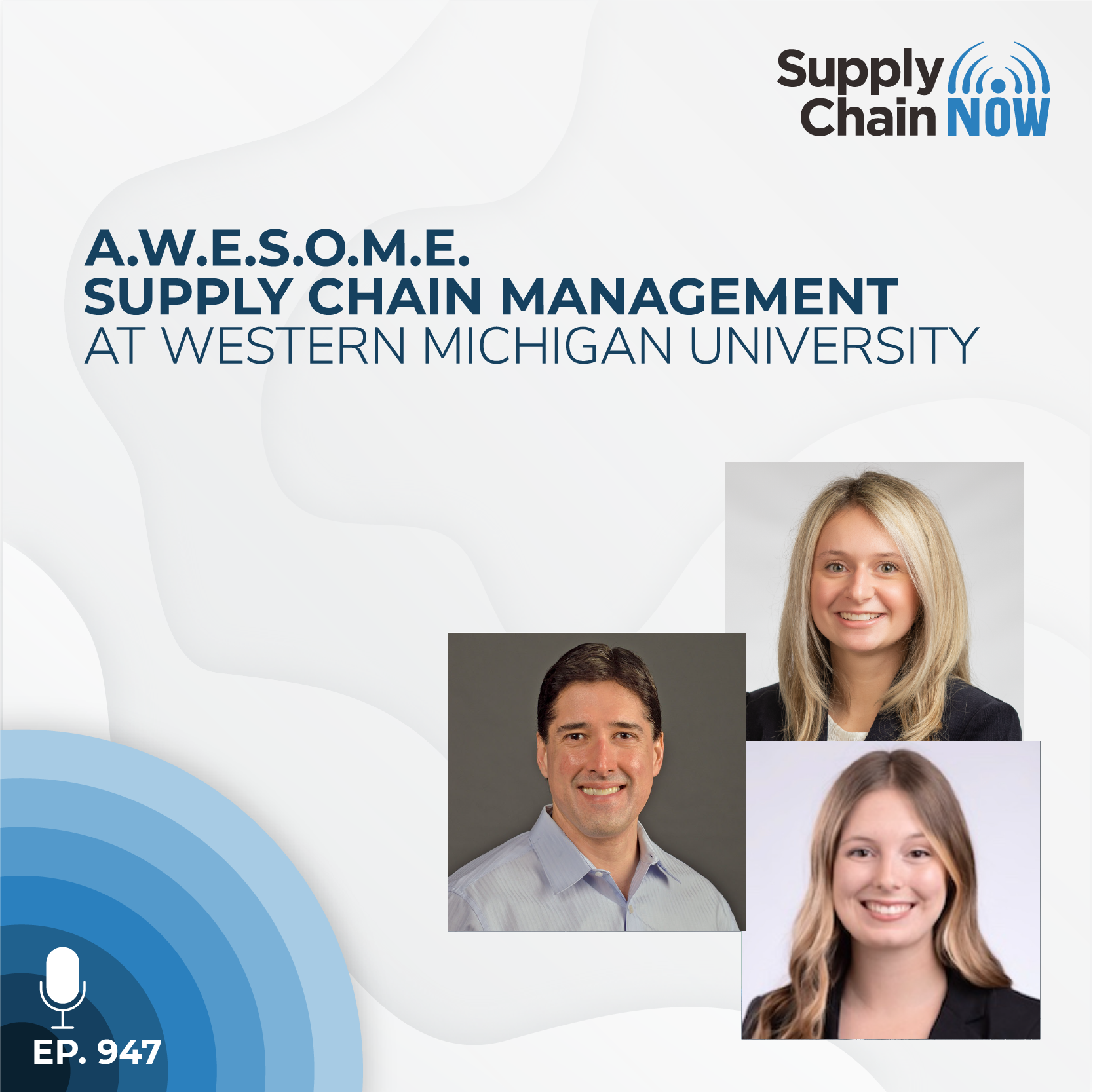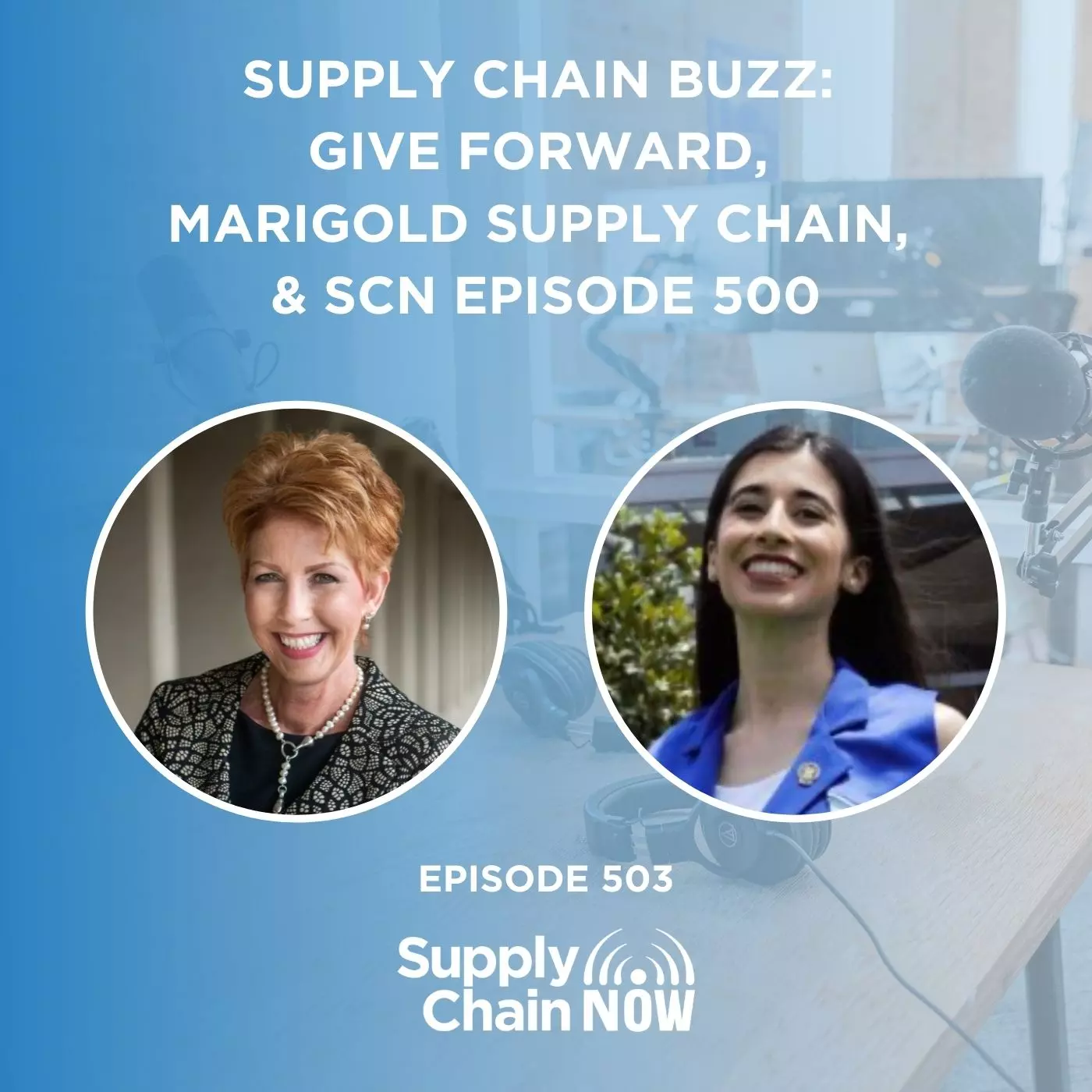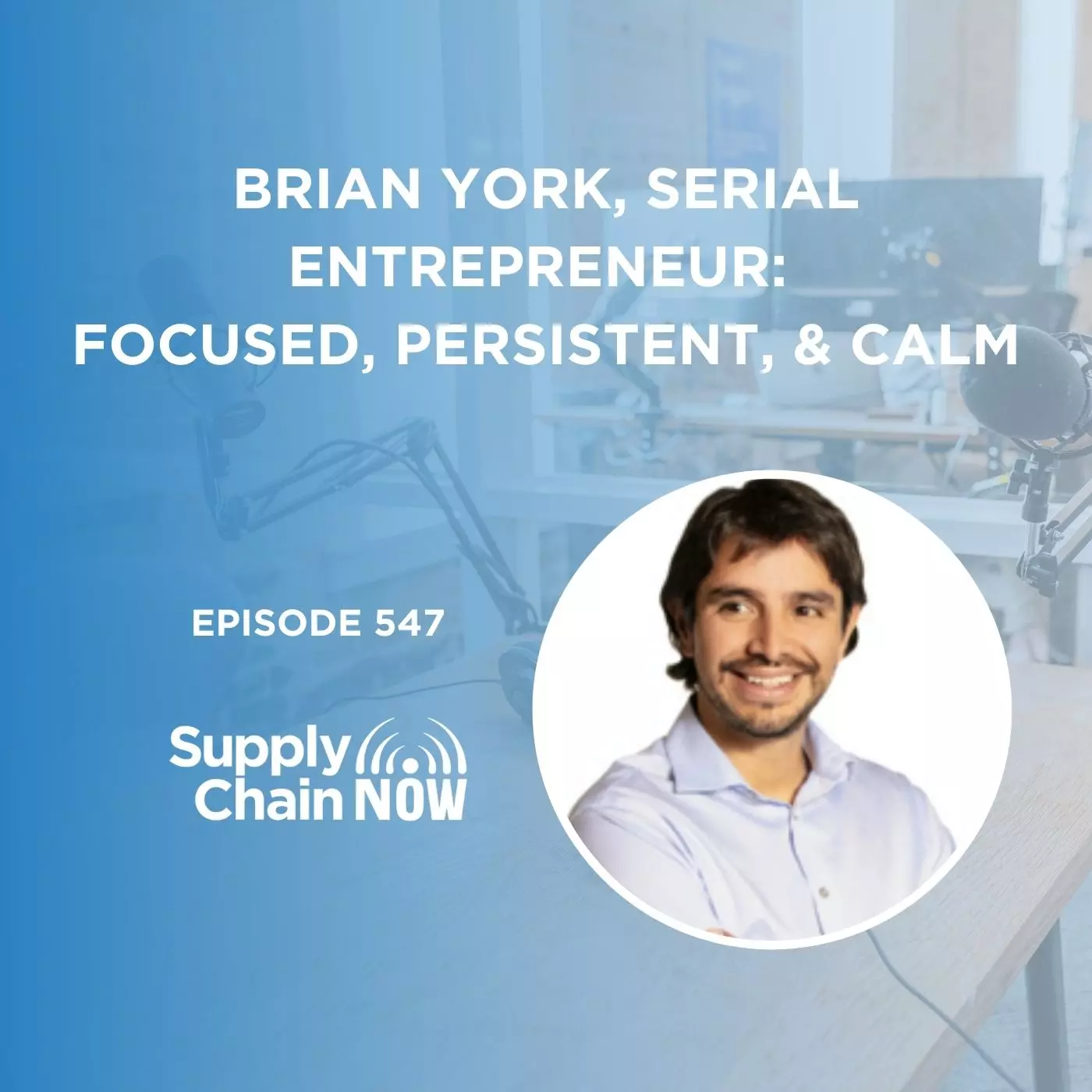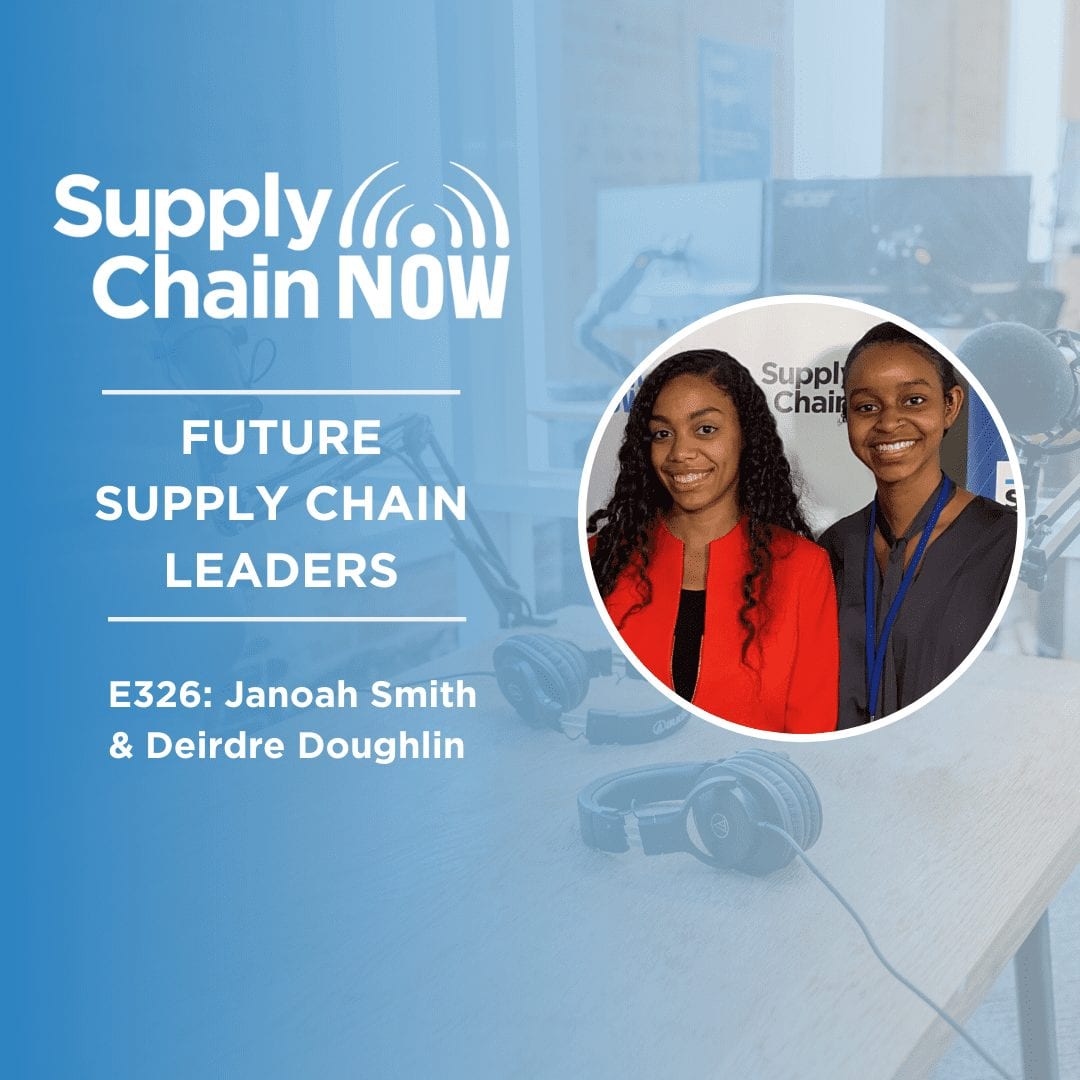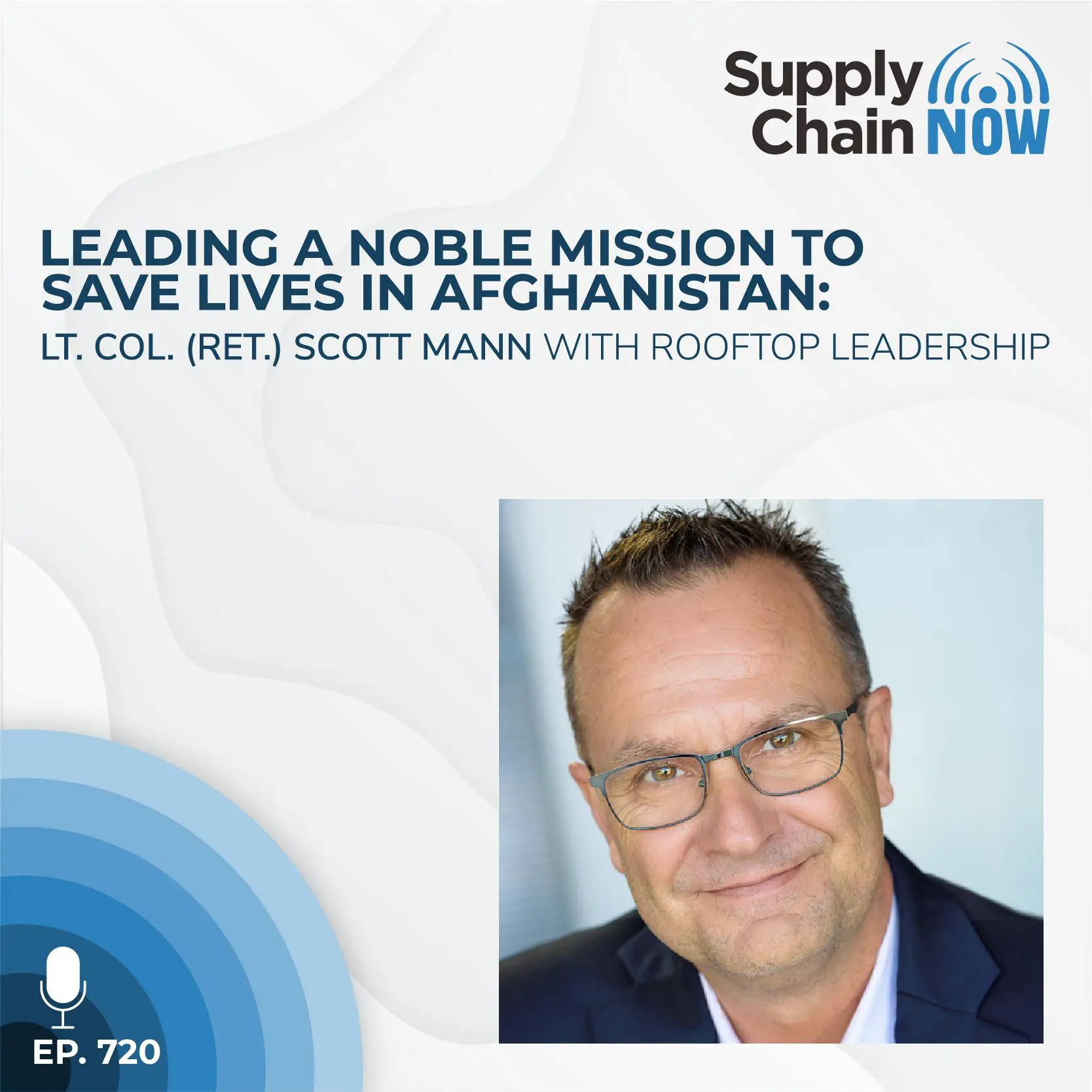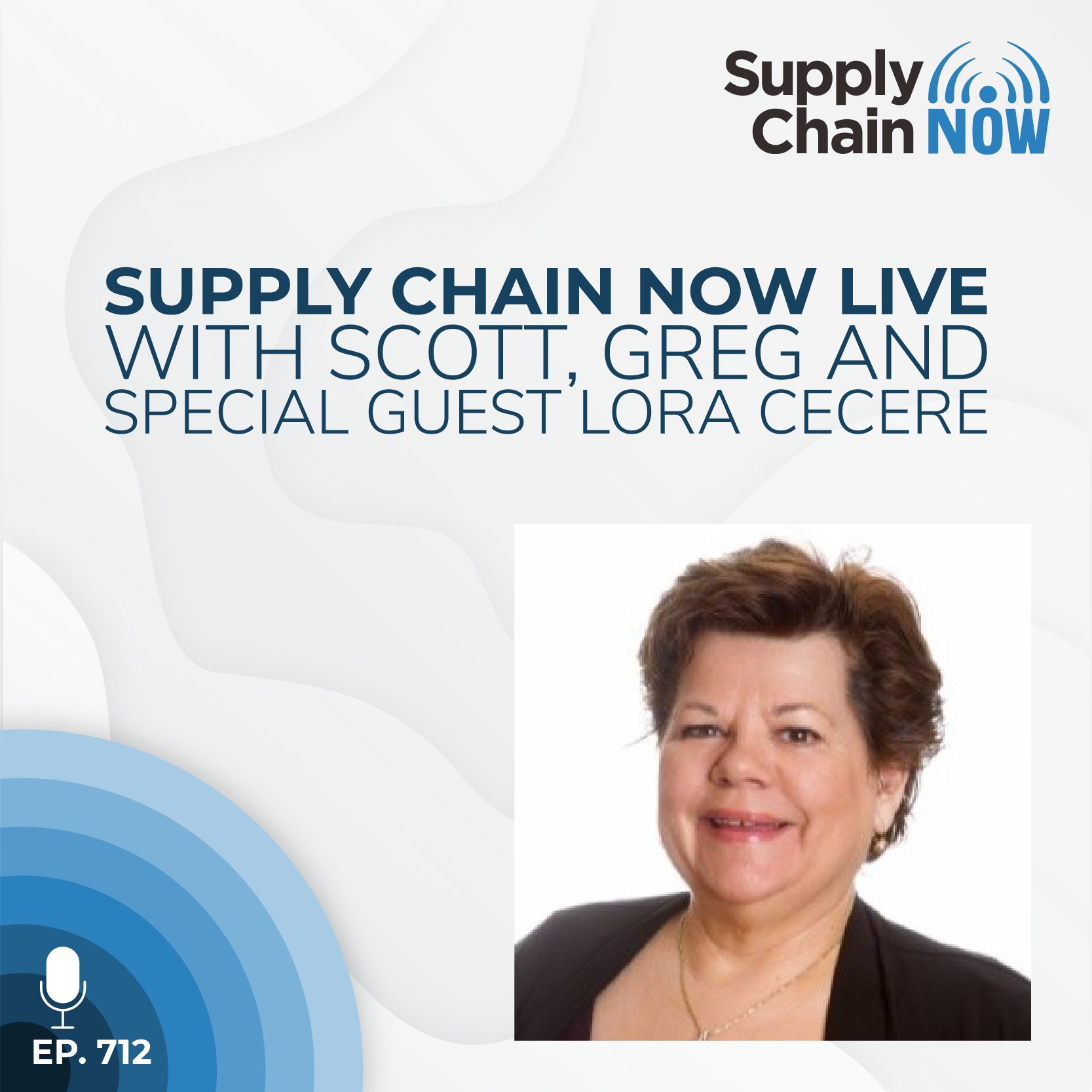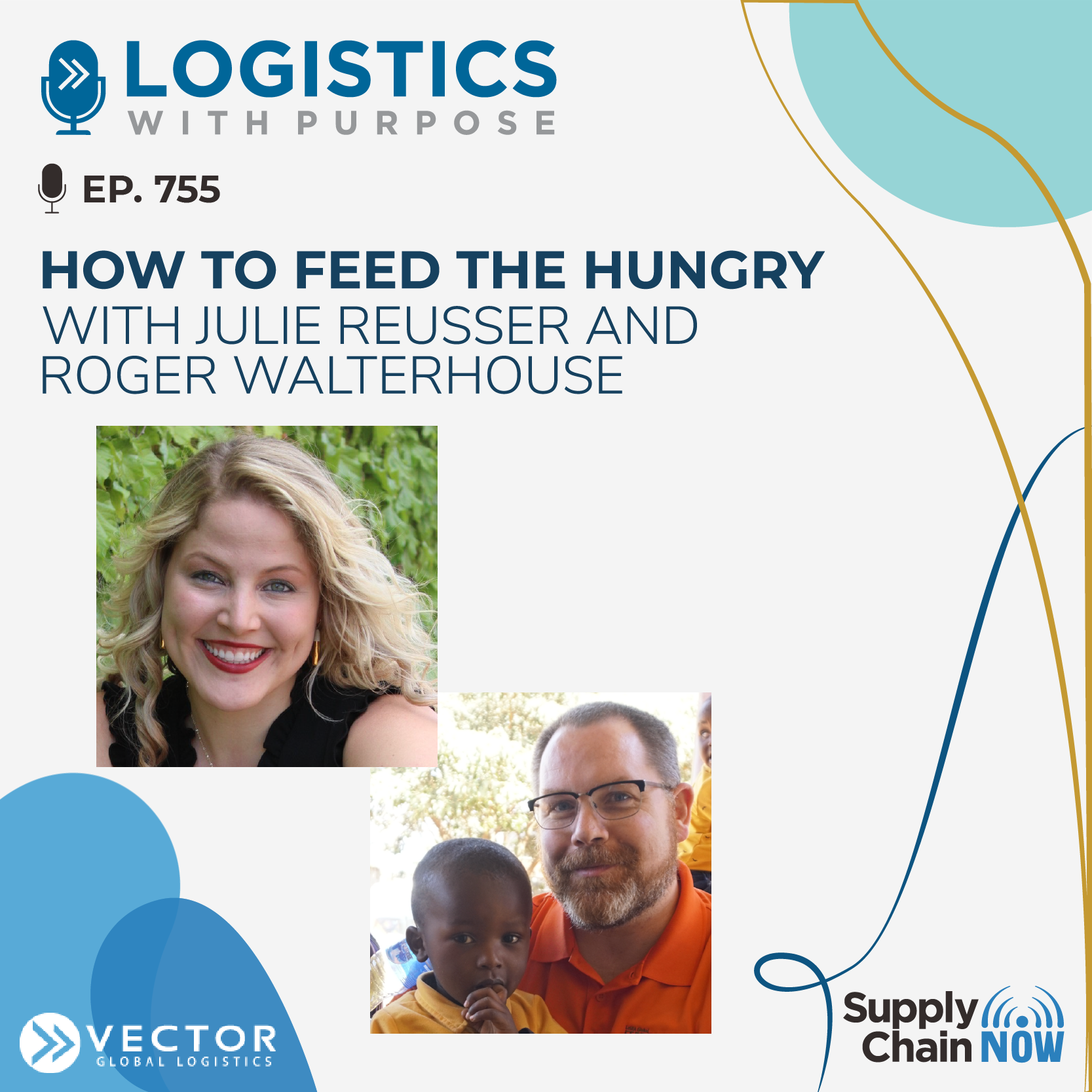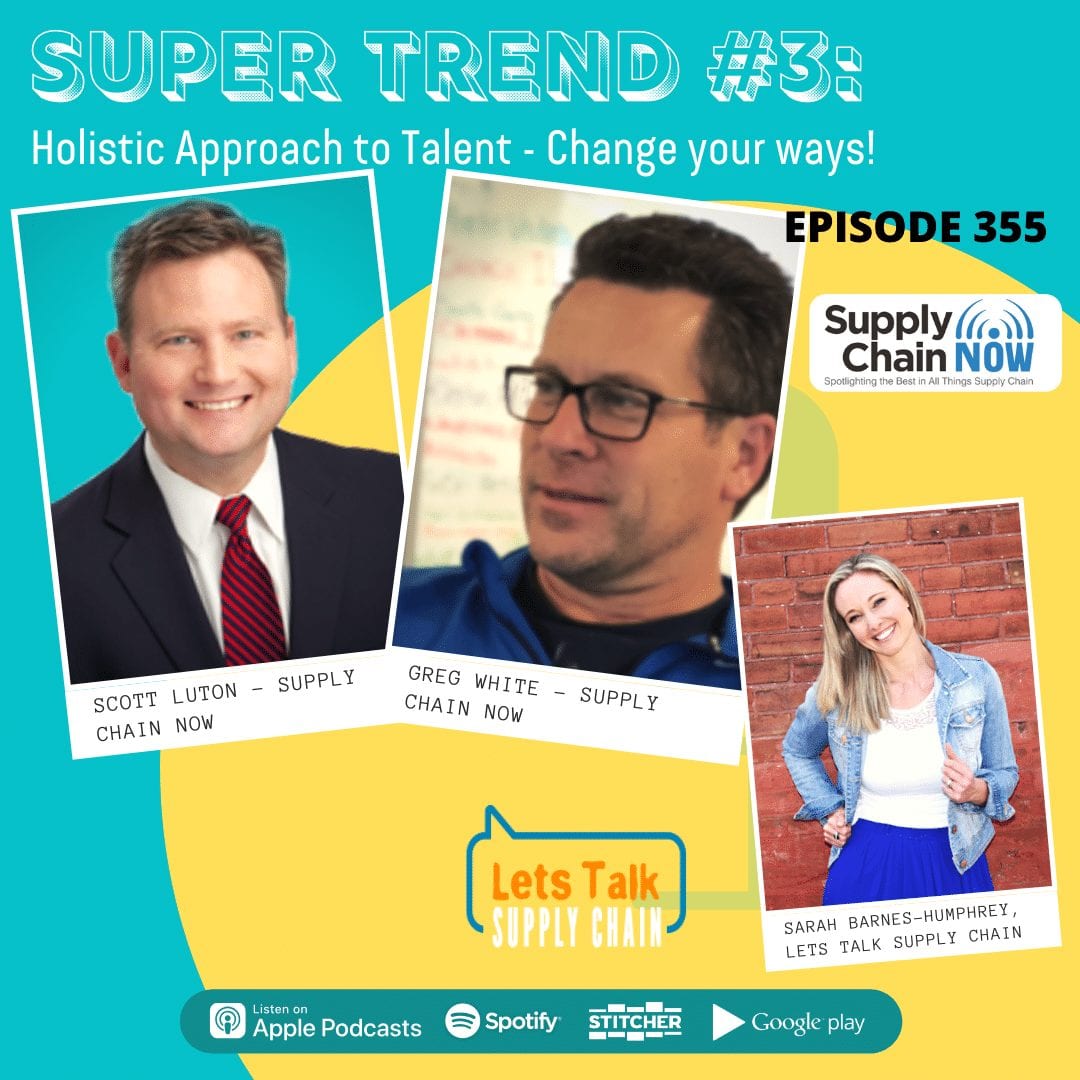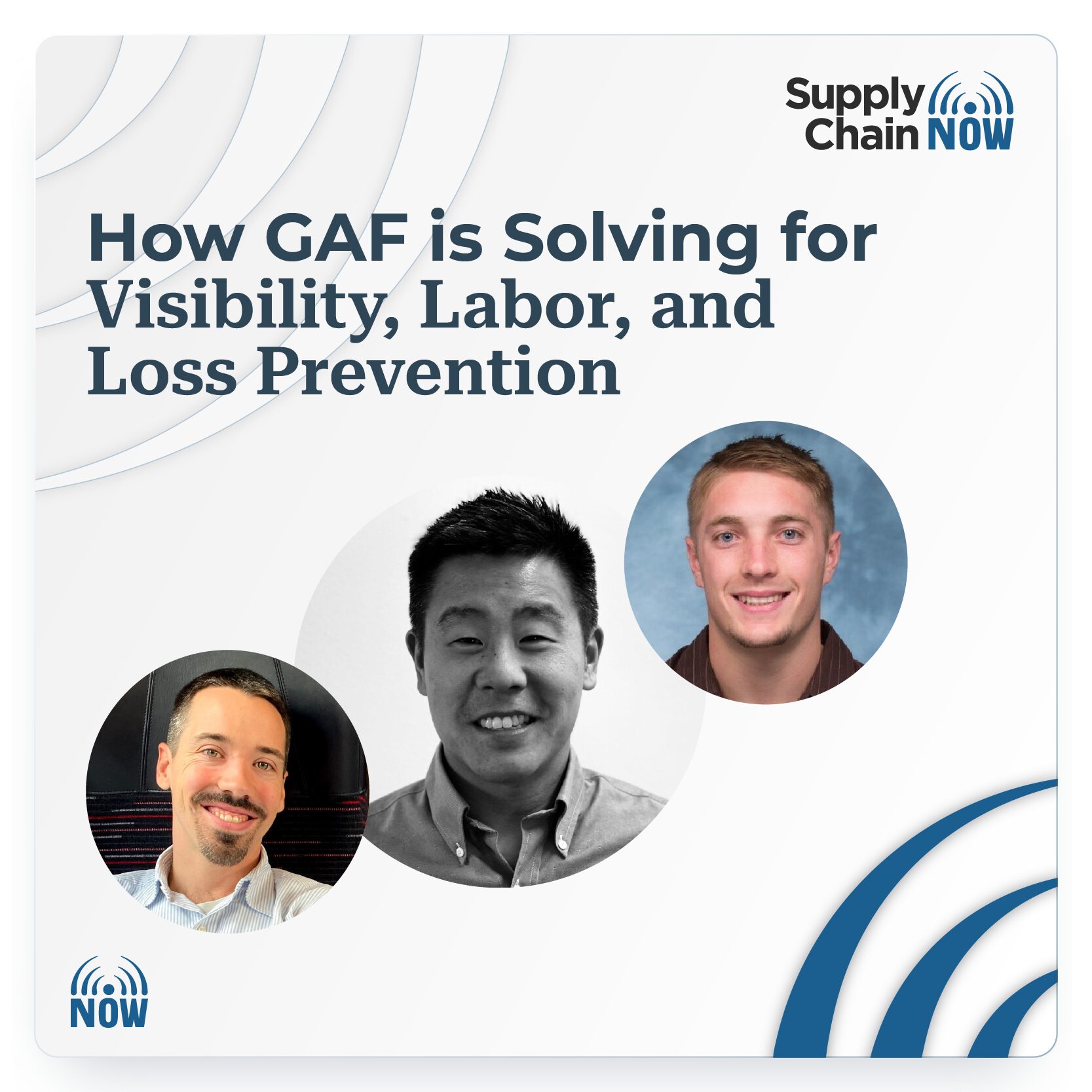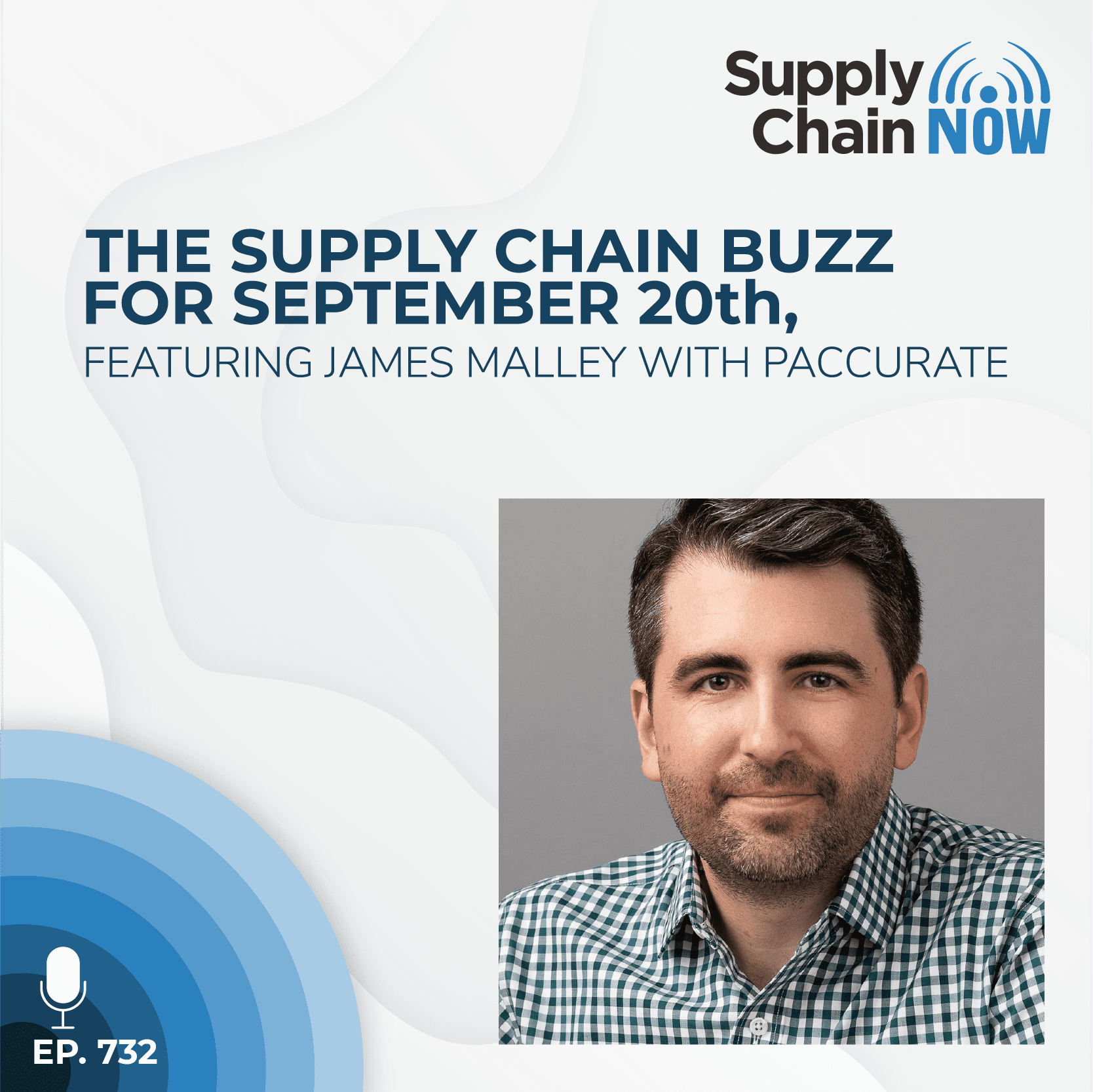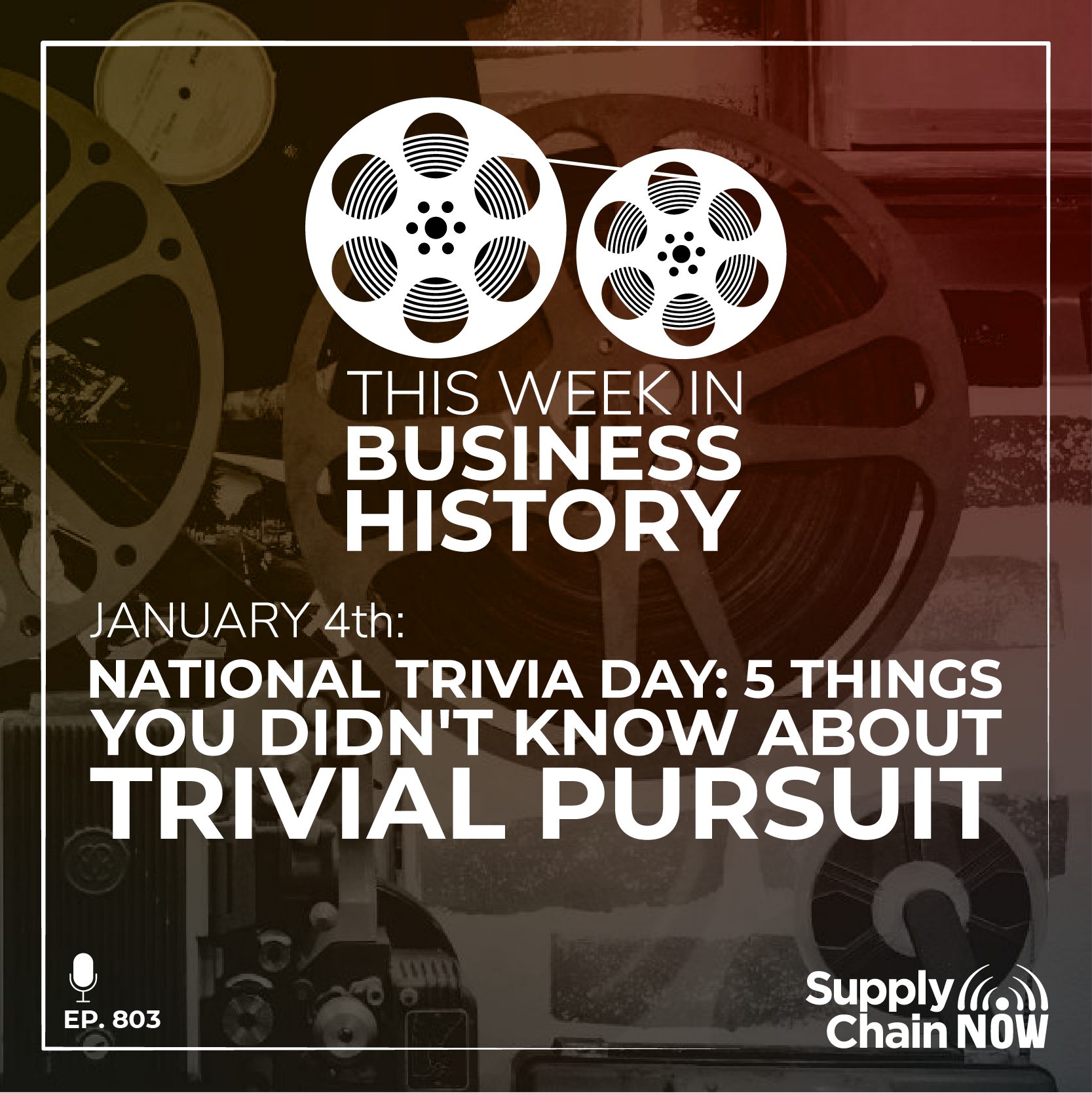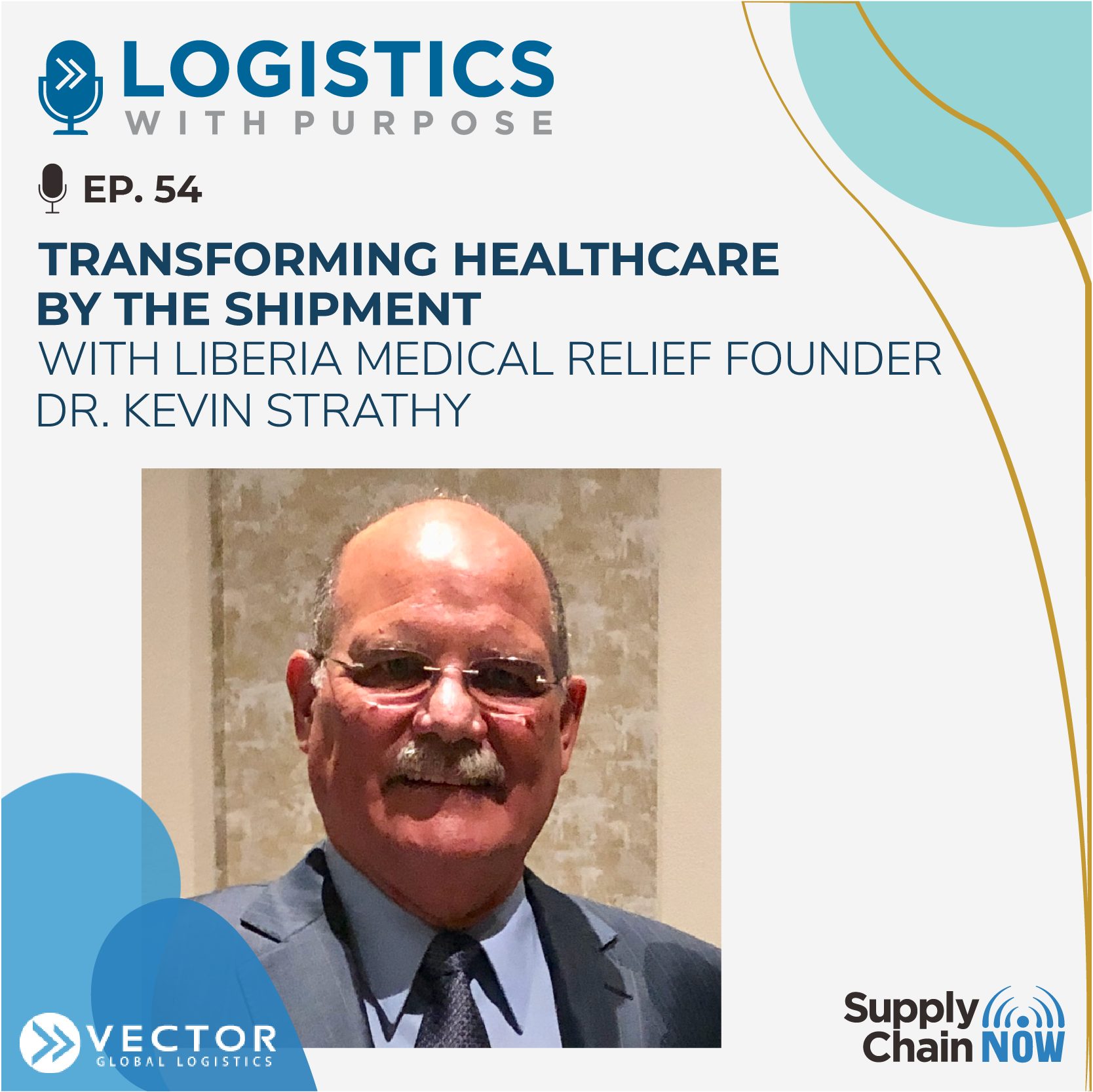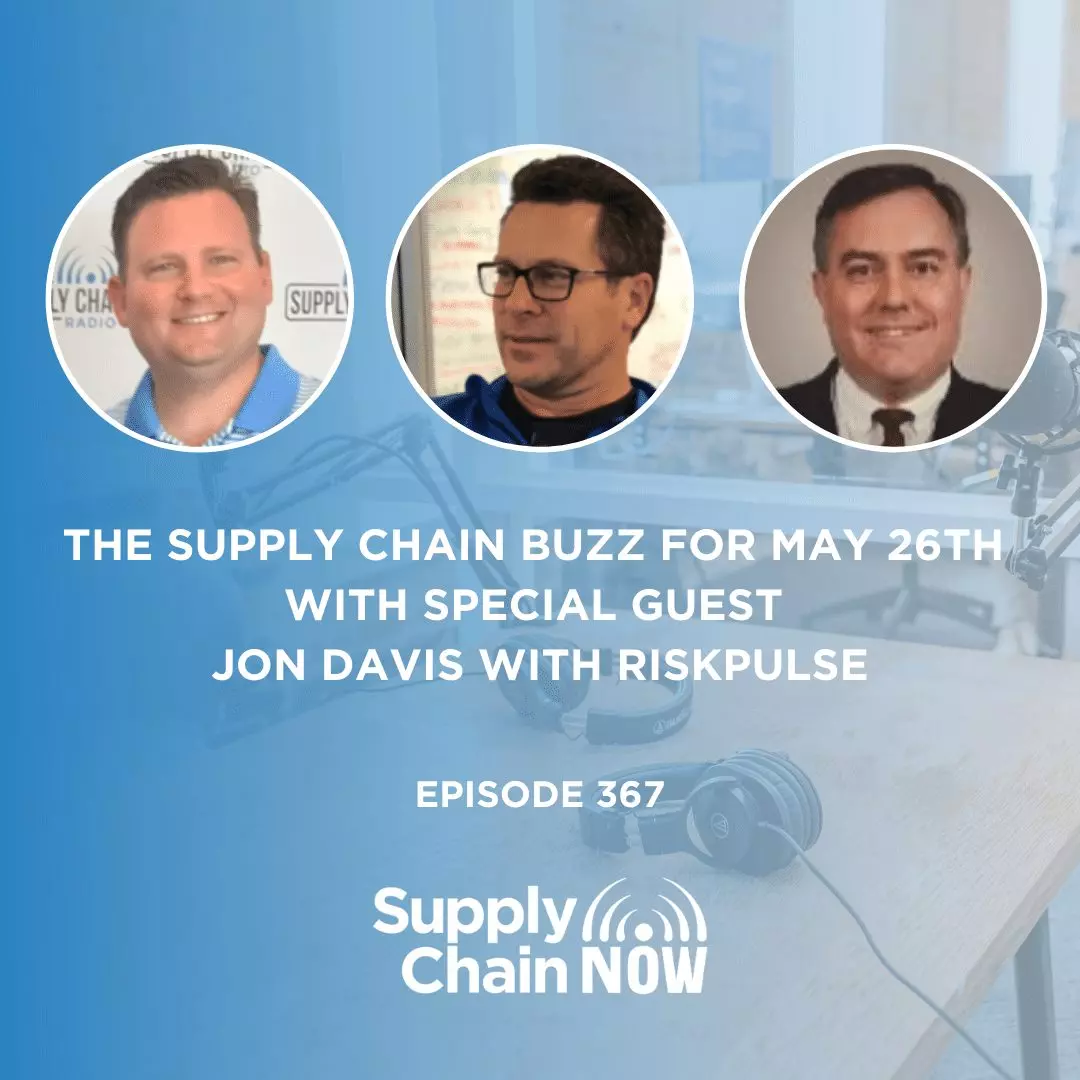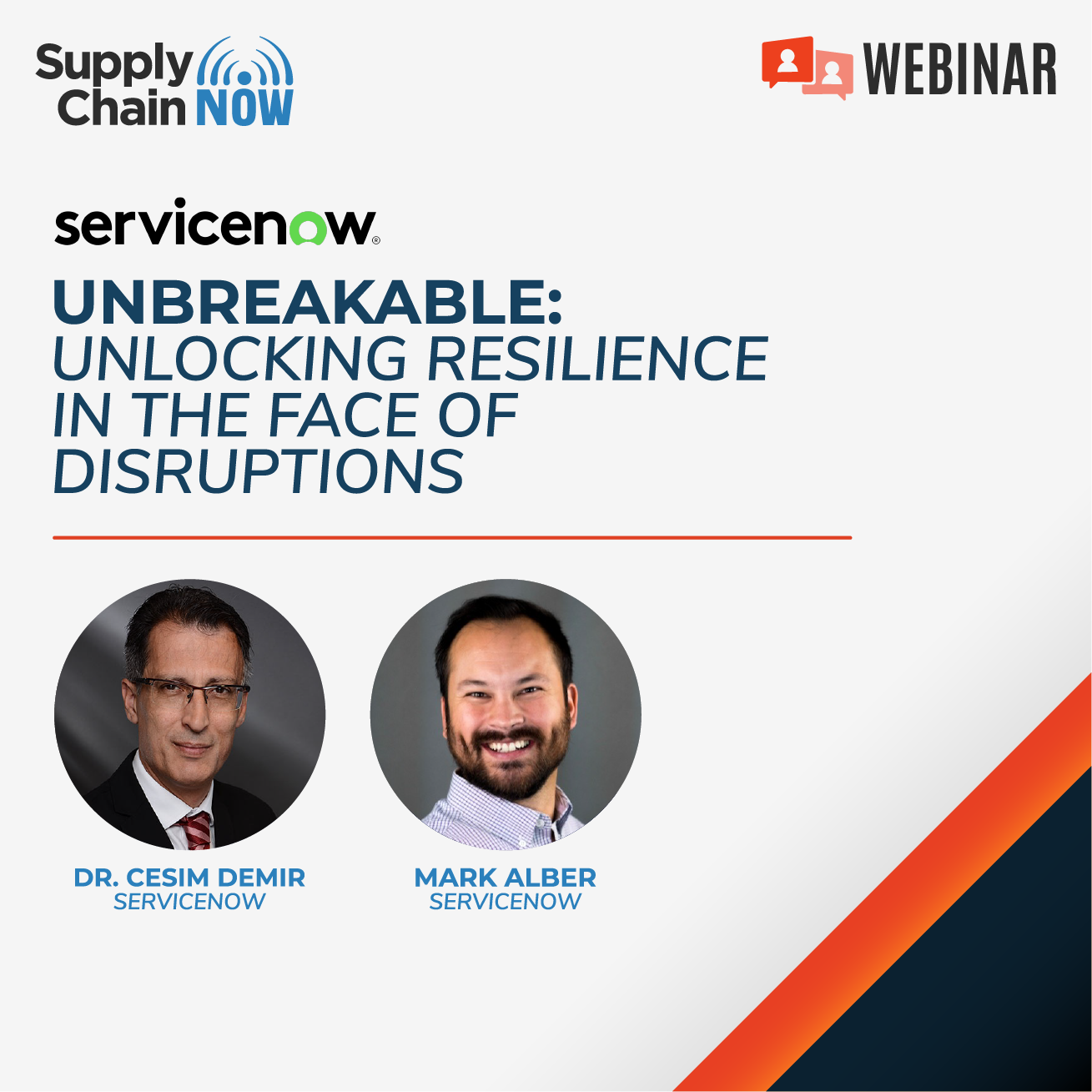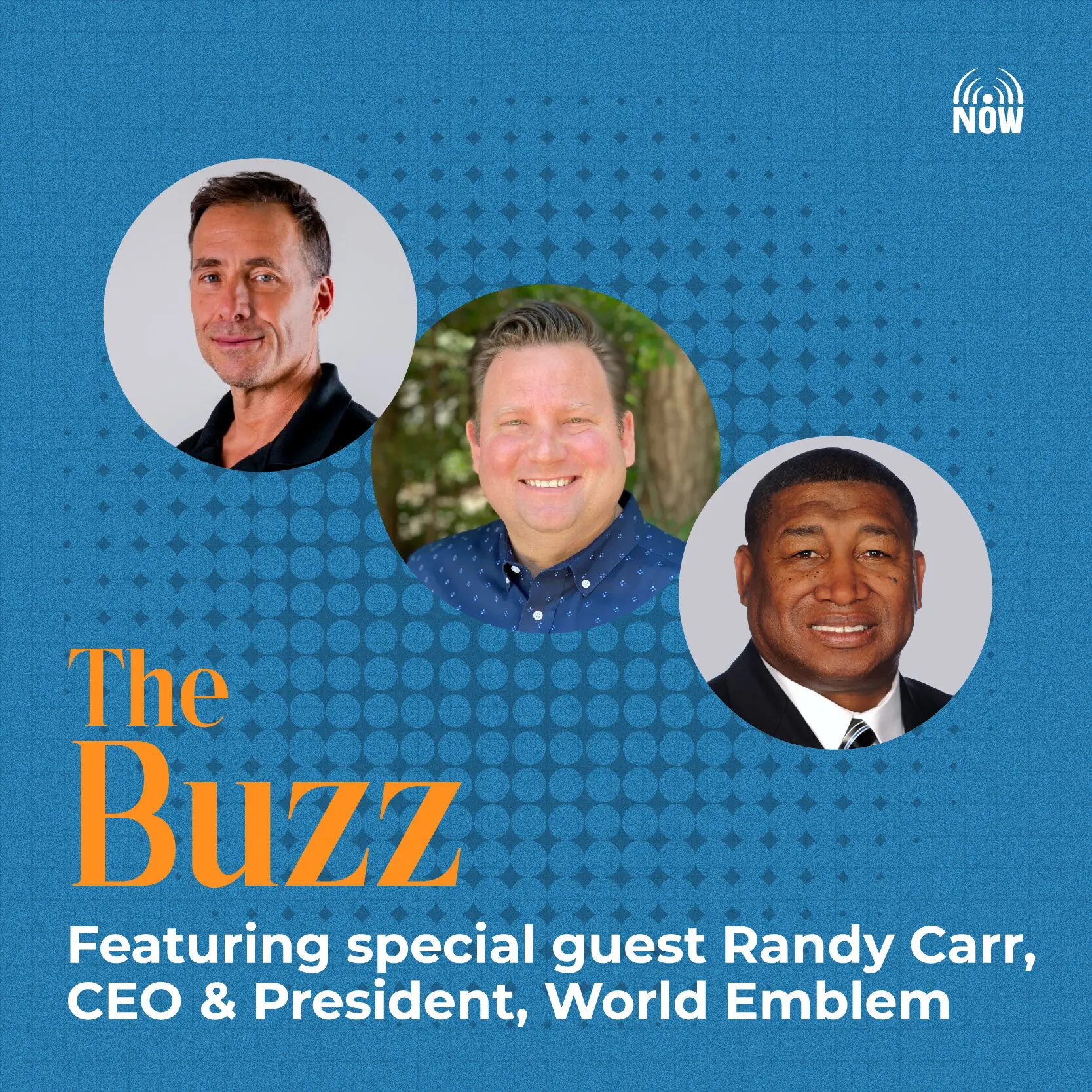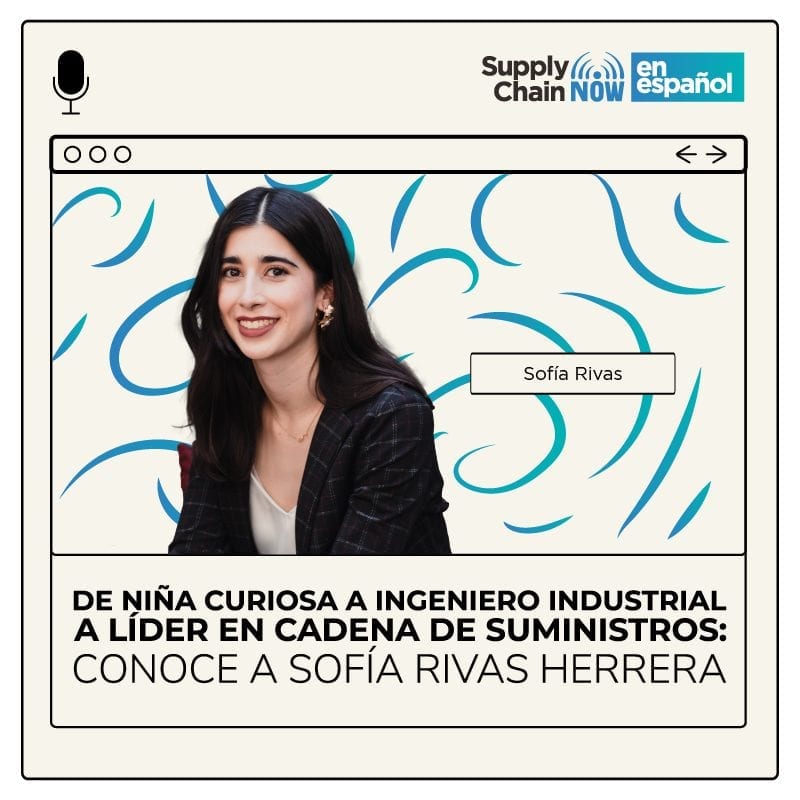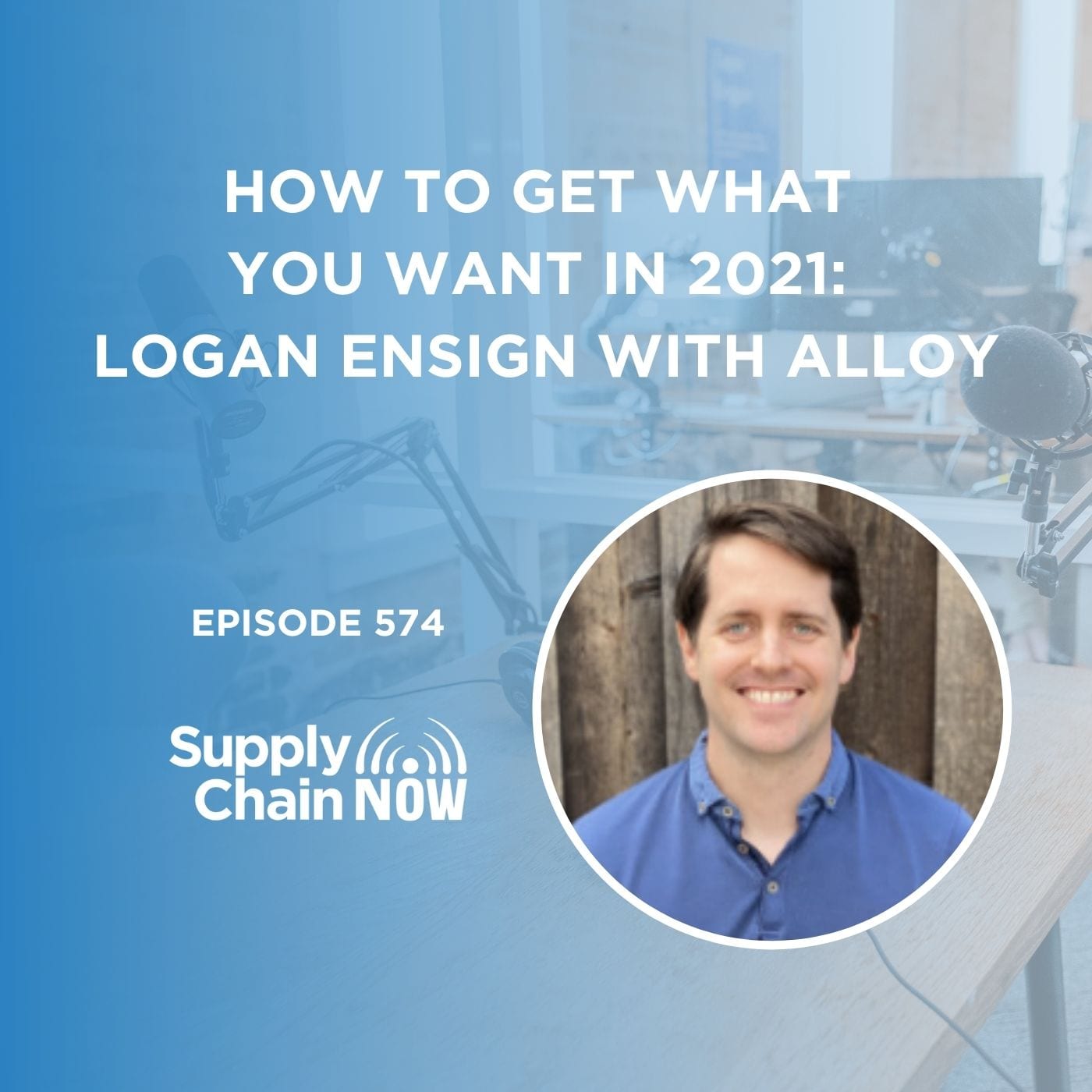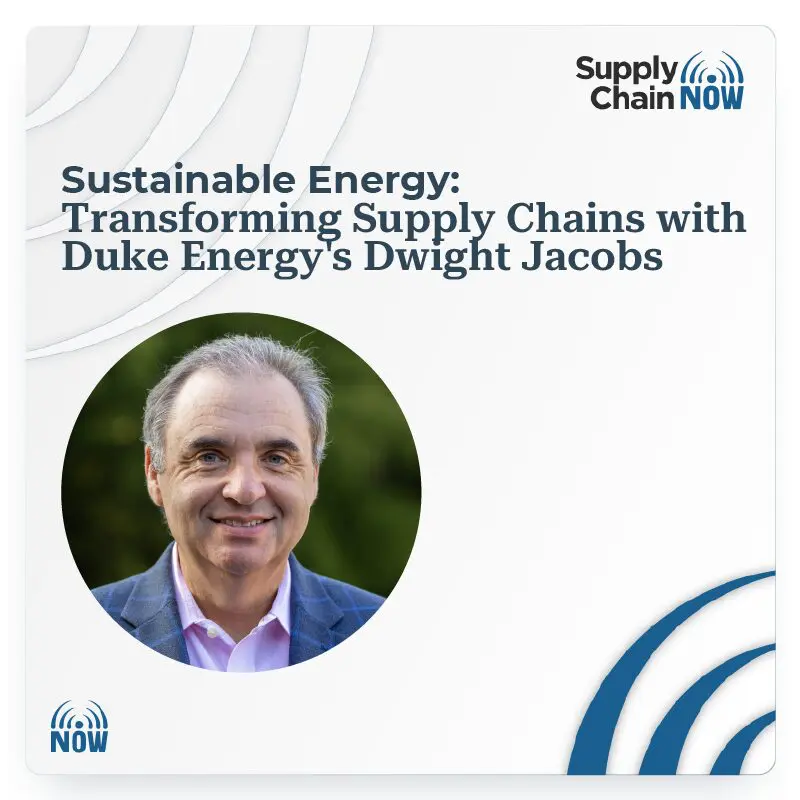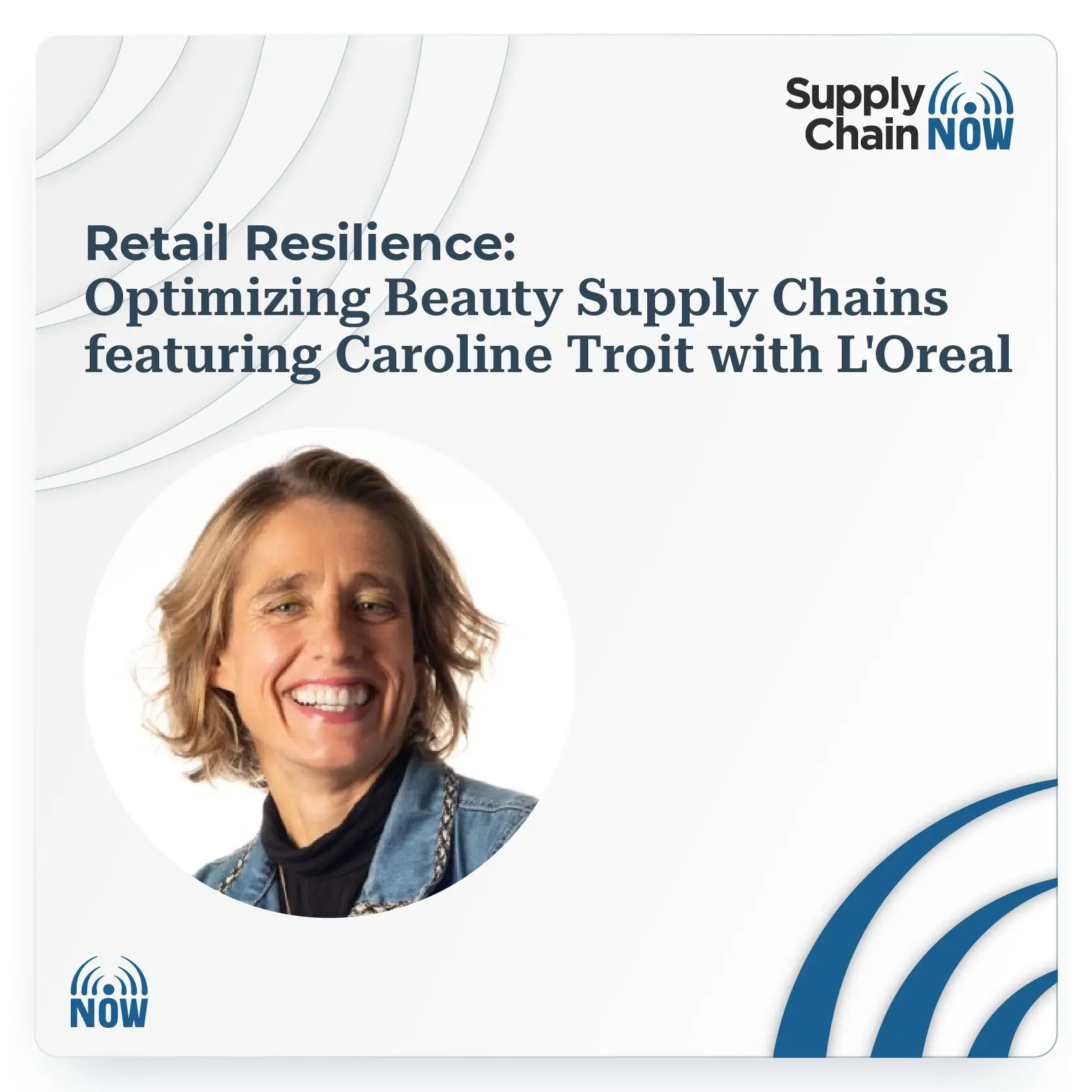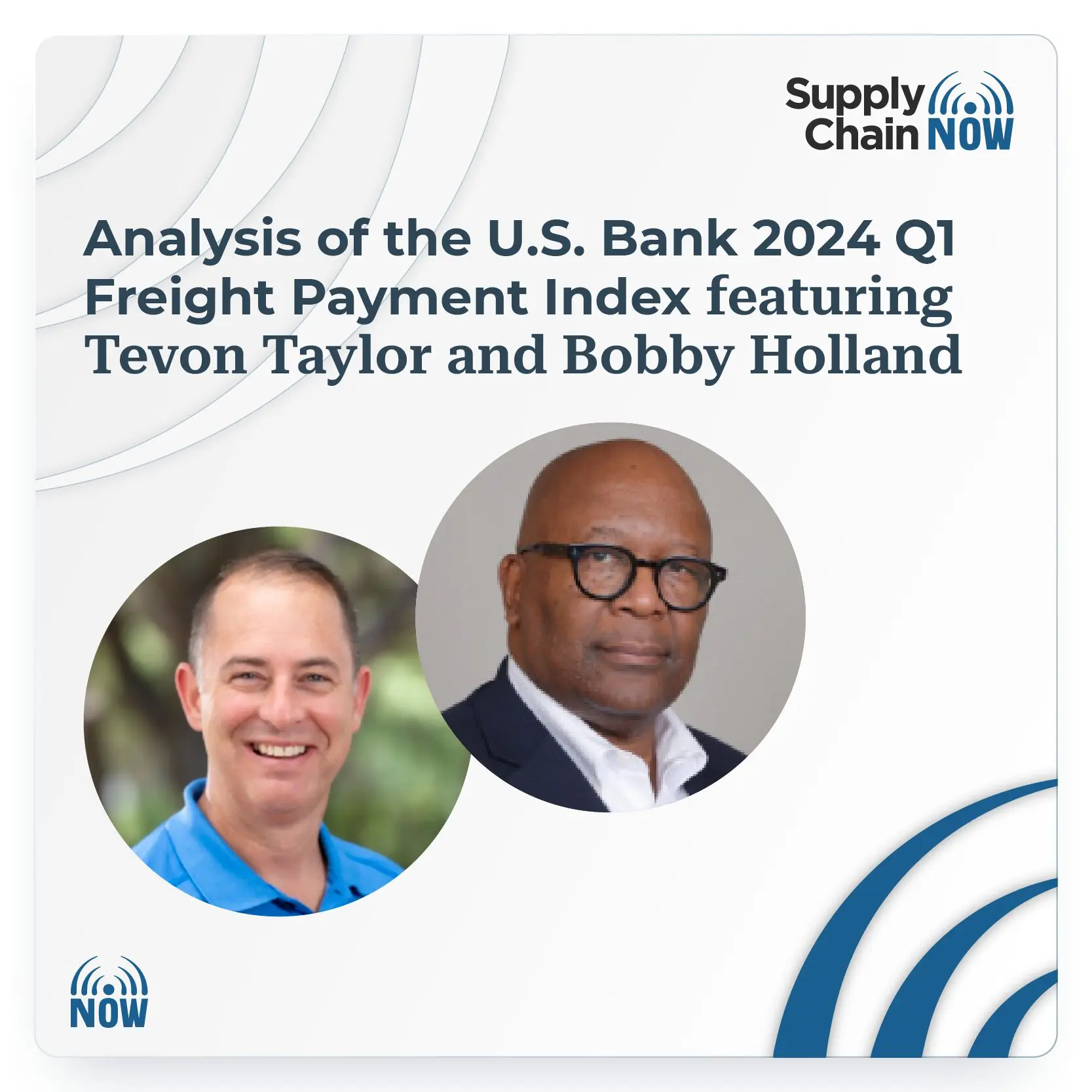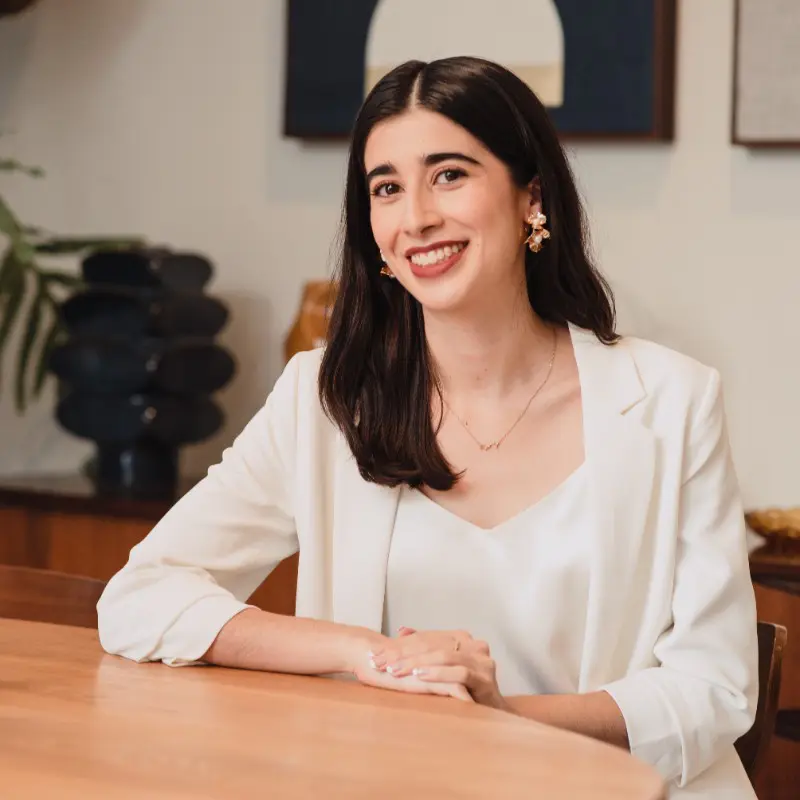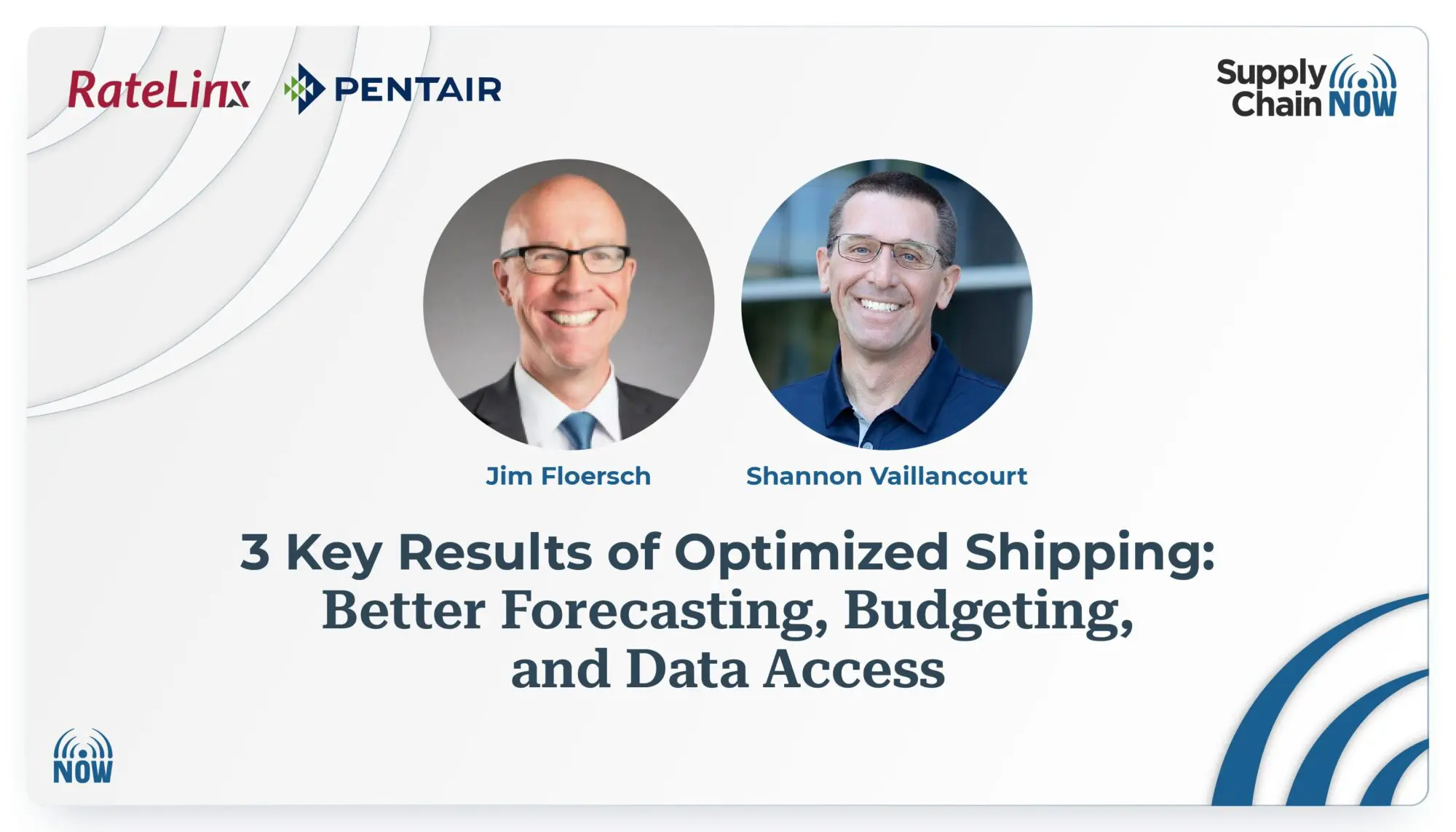
You can have best in class rates after negotiation, but they're no good unless you have a really good plan for which to implement them.
-Jim Floersch
Episode Summary
Are you curious about optimizing rate negotiations, leveraging executive dashboard views for better decisions, or understanding the value of sustainability in freight logistics?
In this episode, we dive deep into the diverse and intricate world of freight management with guests Jim Floersch, Senior Global Logistics Manager at Pentair, and Shannon Vaillancourt, CEO of RateLinx. Discover how Pentair’s integration of advanced transportation management systems (TMS) and freight audit processes has streamlined their complex logistics network, handling up to 300,000 non-parcel invoice transactions annually with just three staff members. Learn about the strategic value of collaboration, master data management, and effective relationship building in achieving significant business wins.
From decoding the complexities of LCL, parcel, and air freight to leveraging data for smarter decision-making, Jim, Shannon and our host, Scott Luton, share powerful anecdotes and actionable insights. Explore how RateLinx’s transparent carrier resolution process and truckload spot board auction platform are revolutionizing freight cost negotiations, resulting in consistent, competitive rates. Plus, gain a fresh perspective on the synergy between AI-generated insights and human judgment in enhancing your supply chain operations.
Episode Transcript
Narrator [00:00:04]:
Welcome to Supply Chain Now. The voice of global supply chain. Supply Chain Now focuses on the best in the business for our worldwide audience, the people, the technologies, the best practices, and today’s critical issues, the challenges and opportunities. Stay tuned to hear from those making global business happen right here on Supply Chain Now.
Scott W. Luton [00:00:32]:
Hey, good morning, good afternoon, good evening, wherever you may be. Scott Luton with you here on Supply Chain Now. Welcome, folks. We had a great conversation teed up here today as we share some powerful news, some powerful good news, rather, all related to when we get shipping done right, better forecasting, better budgeting, better access to your data, and better good sleep at night. Hey, am I wrong? Should be an excellent show. So, folks, let’s get to work. And welcome in our distinguished, esteemed featured guests here today, starting with Jim Floersch, senior global logistics manager with Pentair, and Shannon Vaillancourt, CEO with RateLinx.
Scott W. Luton [00:01:12]:
Hey Hey, Jim. Welcome, welcome. How you doing?
Jim Floersch [00:01:14]:
Good. Thank you, Scott.
Scott W. Luton [00:01:16]:
Great to have you here. And backed by popular demand, the one and only Shannon Vaillancourt. Shannon, how you doing?
Shannon Vaillancourt [00:01:22]:
I’m doing great. How are you?
Scott W. Luton [00:01:24]:
Wonderful. Wonderful. Always a pleasure to have you here. And, Jim, great to meet you for the first time. I’ll tell you, we’ve got a great conversation teed up. But, hey, before we get there, Shannon and Jim, I got a fun little warm up question I want to toss out to you both. Y’all know I’m a big history nerd. And on this day, little did you know, on this day, back in 1914, Mister Charles William post passed away.
Scott W. Luton [00:01:48]:
Well, who is that? You’d say? Well, CW Post founded the post’em cereal company in 1895. All that would be renamed General Foods may have heard of that in 1922. And amongst those early products they made, Jim and Shannon, grape nuts cereal would be introduced in 1897. Now, grape nuts is kind of like licorice. You like it or you hate it? That’s okay.
Scott W. Luton [00:02:14]:
But assuming grape nuts is not your favorite cereal, I’d love to know one of y’all’s favorite cereal. Jim, lead off. What is your favorite cereal of all time?
Jim Floersch [00:02:24]:
Well, I’ll tell you what’s growing up. The cereal brand didn’t matter. It was all about getting to the toy inside.
Scott W. Luton [00:02:31]:
Yes.
Jim Floersch [00:02:32]:
So we turn the box over, you know, stick our hands in there, get that toy out, and then you didn’t want to eat the cereal at that point. Now, my wife and I are plant based, and I wouldn’t eat any of the cereal you’re talking about. I would eat steel cut oats if I had to make a choice.
Scott W. Luton [00:02:48]:
Okay, man, that’s serious and healthy. I love that. Jim. Now, I thought you were going to say when you were a kid, not the prize. I thought it was all about getting the sugar. The sugar intake prize is a good one, too. Shannon, what about you? Favorite cereal of all time?
Shannon Vaillancourt [00:03:02]:
Maybe for me, it used to be captain crunch.
Scott W. Luton [00:03:05]:
Oh, yeah.
Shannon Vaillancourt [00:03:06]:
Now I just eat oatmeal.
Scott W. Luton [00:03:08]:
That’s right.
Shannon Vaillancourt [00:03:09]:
We’ve talked about this guy now. Yeah. I was happy to be back today so I could get back to my normal routine and have my little bowl of oatmeal.
Scott W. Luton [00:03:18]:
I’m very happy, disciplined and focused. I love that, Shannon. And we all know you paid a price for that delicious captain crunch cereal. The roof of your mouth would be disintegrated by the time you’re done. I’ll just add in. Fruity Pebbles was my go to as a kid. I can’t eat them anymore, and all three of my kids don’t like them, but that was my go to. All right, folks, we got a lot to get into, so thanks for entertaining us with our fun warm up question about cereals.
Scott W. Luton [00:03:43]:
Jim, I’ll tell you, you have been building an incredible story. You and the Pinterest team want to get to know you a little bit better as we work our way into this great conversation. Now move, improve, and enjoy. Water is kind of the core of the mission there. Love that. Tell us more about what Pentair does and a little about yourself, Jim.
Jim Floersch [00:04:02]:
Yeah, for sure. So when you think of Pentair, I want you to think about sustainable water solutions. And you’re right, Scott. Three business segments. It’s all about moving, improving, enjoying water. So if you live in Minnesota, you got a sump pump in your basement. So you got to pump water out. So we got pumps. A lot of the users out there are listeners.
Jim Floersch [00:04:25]:
They might be part of a logistics team that has a distribution center, those DC’s. You need fire suppression systems. So we make these big, beautiful pumps that support those fire suppression systems. Enjoy water. You know, Shannon, he’s probably got an Olympic sized pool in his backyard. So if you think of all the pool equipment you need, you know, and he’s gonna. One month of the year, he’s gonna want to heat it. He’s gonna need a heater.
Jim Floersch [00:04:53]:
You make all that equipment, including the slides, you know, the nets, the poles for the skimmer, all that equipment. There’s a really good acquisition we had recently. Very smart, I think, on Pentair’s part, they really have this great strategy around water, sustainable water. Most recent acquisition was Manitowoc ice. You go into any hotel, any restaurant, you’re going to see an ice machine in there. And more than likely it’s got a snowflake on it. That’s our product. You take a quick tour of my house, you got an all row system, you got the filtration equipment, you got the tank that contains the water.
Jim Floersch [00:05:28]:
Water softener, the valve on top of the water softener, you know, that’s Pentair. So the leadership team and been having a great experience at Pentair, man.
Scott W. Luton [00:05:37]:
Love that. And sounds like growth is left and right at Pentair. And that acquisition you mentioned, that’s like the industry leader. I worked in restaurants all through college. I’ve seen that equipment. What an incredible addition to the portfolio. You know, we’re going to focus a lot on freight and shipping and transportation and technology and doing business better here today. Between you and Shannon, for some context there, tell us a little bit about the scale of your transportation operations at Pentair, Jim.
Jim Floersch [00:06:06]:
Yeah. So Pentair, a $4 billion organization, right? So I’ll tell you what I like about my job. So I’ve been in logistics, logistics, operations, project manager of systems initiatives like TMS, global trade, about 35 years. Worked at companies like Intel, Target, Medtronic, Polaris, Flagstone Foods, Benpentair, just over two years now. And here’s what I like about the role and the scope that I have. It’s the diversity of the modes. We’re a big LTL shop. We got a lot of truckload, we got a lot of ocean freight, enough full container loads to be a named account on contracts with the steamship lines.
Jim Floersch [00:06:47]:
We got a lot of LCL freight from all over the world coming in via ocean, a good amount of parcel and then air freight. So we got good diversity of modes. We got a pretty complex setup at RateLinx. All the business units, they want to pay their own freight bills. So we have 15 client ids in our rate link structure. That’s 15 unique account payable work stream. That what we’re talking about here today are paying their own freight bills, 15 client ids. So we process about maybe 200, 5300 thousand non parcel invoice transactions through the RateLinx process per year, man.
Scott W. Luton [00:07:28]:
Okay, so quite a bunch of diversity, right? And with your background, what you led with, man, you’ve worked with some outstanding organizations and a lot of different roles, leadership roles and management roles. So with all of that industry experience you have, right. And with the laid to land as you were sharing about all the different ways and modes of y’all ship. What were some of the areas that you wanted to improve on within the organization there at Pentair Jim?
Jim Floersch [00:07:55]:
Well, let me say it this way, Scott, if you don’t mind, because I want to make sure it’s clear where, from my perspective, we get the biggest value from RateLinx. Honestly, it all starts with the relationship. The relationship is where we get the value. That relationship drives collaboration. It drives collaboration in three key areas that are really important to any system software solution. You know, it’s smart business requirements. It’s collaboration around master data. It’s collaboration around process and systems governance.
Jim Floersch [00:08:33]:
This is where we get the value from RateLinx, and it really drives a lot of efficiency in our setup. And I don’t think Shannon will go say, hey, this is what we do at RateLinx, but they do it. They have the right structure, they have the right team in place to collaborate in those three areas. Then that’s where we get a lot of benefit and a lot of value. It all starts right there as a foundation.
Scott W. Luton [00:08:56]:
Wow. Okay. Partnership, collaboration, and driving big time change in those three areas. Hey, Shannon, really quick, before I continue with Jim, any comment on, and we’re going to touch this later in the conversation, anything you want to comment on, on the mix of shipping modes, the improvement objectives, anything that Jim just shared there as he’s painting the picture, you.
Shannon Vaillancourt [00:09:17]:
Know, I think he hit it right on the head that what’s fun about Pentair really is the mix of stuff that they have. You know, when you think about what they do, you know, it’s everywhere. I mean, I see Pentair everywhere, you know, especially when I’m swimming laps, you know, every night, like he said, especially down here in the Phoenix area, Scottsdale area. I see Pentair everywhere.
Scott W. Luton [00:09:41]:
Yeah.
Shannon Vaillancourt [00:09:42]:
Seeing how they’re able to leverage our system and just watch the different variations of products that they’re shipping, because you’ve got a pool pump, you’ve got filters, you’ve got little valves. It’s a little bit of everything. I think that’s the challenge with Pentair.
Jim Floersch [00:10:01]:
I just want to make one more comment. I talked a little bit about the complexity of our network, and I talked a little bit about the foundational value we get from RateLinx, but I wanted to emphasize the result we have. The result we have is on our side. You think about all that complexity, all the different modes, the number of transactions going through the system. Here’s the most amazing thing to me. I’m responsible for global logistics, corporate logistics. You think of a corporate logistics function of a company of this Size, you know, a function of this Size. How many head count do you think we have in corporate logistics?
Scott W. Luton [00:10:40]:
Ooh, that’s a Trick Question.
Jim Floersch [00:10:41]:
We have three. I’m one of them. I’m one of them. I have two direct reports. I have a logistics manager and I have a very smart data analyst. Well, the three of us, as a result of the partnership, the relationship with Shannon and his team, it only takes three of us to run this thing. And that at the end of the day is the most amazing result to you.
Scott W. Luton [00:11:04]:
We need to send Jim and Shannon to Washington DC and straighten all of that out. To what I’m hearing, Jim and Shannon are y’all game? All right, we’ll talk about, we’ll talk about that trip later. All right, so let’s stick around along these lines. The IncredIble three person power team driving BIG Wins for the business. I want to kind of zero in on simplifying rate administration. So Jim, what were some of the Ways that ShipLinks TMs and RateLinx, freight Audit and pay have helped some of these real big improvement efforts?
Jim Floersch [00:11:37]:
Yeah, its a great example. I mean its a great example of what I’m talking about, about the efficiency we have. I know when I was at target, I think at the time the TMS was JDA or something like that, I was responsible for all the tariffs, set up freight out of pay functions. There’s a team of analysts on my team that went through weeks of training and that were full time dedicated to tariff rate administration reporting to me. Here’s the beautiful thing. On my side, I’m responsible for all the rate negotiations. I have the relationships with the carriers. I administer all the contracts.
Jim Floersch [00:12:12]:
Once I finalize a rate sheet, it literally takes me 30 seconds. Fill out a request tracker, upload a rate sheet in the RateLinx. And Shannon’s team, they take care of it. I don’t have to manage a staff responsible for all that tariff administration. It literally takes me 30 seconds to upload a rate sheet. You know, within two weeks his team will have the rates loaded, they’ll be tested, they’ll be available in production for systematic routing and freight audit payment. You know, it’s a beautiful thing. You can, you can have best in class rates after negotiation, but they’re no good unless you have a really good plan which to implement them on.
Jim Floersch [00:12:53]:
And that’s what we have here.
Scott W. Luton [00:12:55]:
Well said. We’re going to keep going down this path of rate negotiation. But 30 seconds, that sounds good. To my ears. Shannon, talking about simplification, and it’s got to be music to your ears coming from Jim right here on supply chain. Now. Shannon, quick response before I keep going down the path of rate negotiation.
Shannon Vaillancourt [00:13:13]:
I think what we’ve done here, RateLinx, we try to do, besides all the collaboration, that’s one of our core values here at RateLinx, we really feel collaboration is the key to everything, whether it’s working with customers or internal, but it’s also collaborating within the company’s requirements. And I feel like setting up rates, it’s hard if you’re the customer because you don’t do it enough. Everything becomes easy when you practice, and I’ve learned that from moving down here now that I can golf year round. Amazing how much better you get at everything. Yes. And it’s just practice, practice, practice, practice. So you give us rates. We’ve got a team.
Shannon Vaillancourt [00:13:59]:
I think some of the most experience we have here at rate lengths is on that rate setup team.
Scott W. Luton [00:14:04]:
Okay.
Shannon Vaillancourt [00:14:05]:
So from getting those rates, we can not only get them loaded really quickly, but because we have one rating engine that’s used for audit and for shipping, he gets, you know, you killed two birds with 1 stone that one.
Scott W. Luton [00:14:20]:
Right.
Shannon Vaillancourt [00:14:20]:
And I think that’s the other advantage that Pentair has by leveraging our tms with our freight audit is he can do whatever type of rate negotiation he wants. And yeah, we’re collaborating throughout that process. So that way when the rates are published, we just load them. Yes. And there’s no question anymore about what’s happening. And with the different business units, you can only imagine the different types of rates we have to load, the different discounts, floors, fa ks, lanes, carriers. But again, it doesn’t matter. Our team does this every single day.
Shannon Vaillancourt [00:14:59]:
So we’re incredibly practiced at it. Very efficient and very accurate. And that’s the part that I think the customer, I don’t know why they have to do it. They do an annual event. There’s no way they could do it as well as we do. And it’s just a waste of time, really. It’s a non value add process that.
Scott W. Luton [00:15:19]:
You have to do 30 seconds in the time you had to make instant oatmeal. You could be moving mountains and freight. Shannon and Jim, and also, quick aside, and I’m about to return to, we’re going to be talking about the RateLinx multimodal rate repository and what that adds to the equation. Before I go there, we’ve established. Jim, thank you for giving us inside details on Shannon, beyond golf. He’s doing Laps each night in his Olympic backyard swimming pool. So that’s good to know, Shannon. All right, so back to the story here.
Scott W. Luton [00:15:48]:
Twin Jim and Shannon and their respective organizations. Shannon, I’m opposed this question to you. How does RateLinx multimodal rate repository enhance Pinterest ability to manage and negotiate freight rates effectively along the lines of what we were just talking about. Shannon, any additional thoughts there?
Shannon Vaillancourt [00:16:06]:
I mean, it just makes it objective, you know, and accurate. I think that’s really what Jim’s team is relying on. He’s got his team there that’s doing, I think, the real heavy lifting. They understand Pentair’s business, they understand Pentair’s direction, that they want to move in so they can stay in that world very focused on what they want to do, and they’re going to make these changes. And then once they put it in the system, they know it’s now objective. So if they modeled it and they analyzed and came up with that answer, they now know the system’s going to do it every single time. And I think that’s really the magic with the rating engine. Everything has to be rated.
Shannon Vaillancourt [00:16:52]:
I mean, that’s why we’re called rate lengths, for crying out loud. We’re linking the rate to the right carrier for the right shipment, making sure that on the invoice side you’re auditing again, getting that connected to the rate that you just spent all that time on to get negotiated where you’ve made promises on what the outcome’s going to be, not only to a carrier, but internally it has to work. And that’s, I think, the power of that one rating engine for everything that they put in place.
Jim Floersch [00:17:24]:
Yeah. And there’s a key benefit we should touch on here. And it’s really, I want to emphasize that audit capability at RateLinx, but the team does a very good job. So we negotiate the rates. The rates team at railings, they load the rates, but the audit team, they hold the carriers accountable. They hold the carriers accountable for billing accurately. And this is of tremendous value because we know we’re paying to those negotiated rates. We’re very confident we’re doing that.
Jim Floersch [00:17:57]:
We chase down the carriers to give us aging reports and they’re, they’re showing open balances. Then we have conversations with the audit team at RateLinx and we reconcile those balances and we hold them accountable to that contracted rate.
Scott W. Luton [00:18:11]:
I love that. excellent point, Jim Shannon, I want to ask you about that. That was big part of our last conversation, how we can make reconciliation and accuracy. And the bottom line, as it should be so much easier leveraging the technology that you’ve built when it comes to these, the value, when it comes to carrier resolution services that Jim’s bringing up there. Shannon, what else would you add there?
Shannon Vaillancourt [00:18:36]:
I mean, this is, I think what sets us apart on that side of things is we actually, we have the answer key. There’s no mystery to what’s going on. You get an invoice in, it’s not rated right. It’s pretty easy to figure out. And a lot of that comes down to our technology and how we use our own technology to audit. But really, the bottom line is, like Jim said, holding that carrier accountable. I have the agreement, we’re talking to the carrier to make sure that we’re all on the same page. First of all, no surprises.
Shannon Vaillancourt [00:19:09]:
Nobody likes surprises. Carriers really don’t like them either. And that’s why we’re very careful with how we do that process. And whenever there’s any discrepancies, that’s, again, where the collaboration comes into play. And if we need Pentair involved over something that’s not the carrier saying this isn’t the right agreement or something like that, then we get them involved. Otherwise, most of the time we just knock it out. We have the answer key. There’s no question here.
Jim Floersch [00:19:40]:
There’s something in here that helps me do my job better. I’d say 99% of the time, RateLinx is going to pay correctly. When they short pay, there’s a small percentage of the time where they short pay and the carrier says, no, that’s not right. And you know what it comes down to? It comes down to language in the contract. Maybe there’s some ambiguity there. So I’m able to get, I’m able to learn from those experiences, strengthen the language in my contracts, make my rate templates a lot clearer, so I avoid those, that ambiguity in the future. It’s really a key benefit that wouldn’t be obvious here.
Scott W. Luton [00:20:19]:
Love that. I got to go back to what Shannon said a minute ago there. Jim, there is no mystery here. There is no mystery here. We have the answer key. Shannon, where were you when I was struggling through the SAT? Because I bet the RateLinx technology could be applied and unlock some scores there as well, huh?
Shannon Vaillancourt [00:20:35]:
I think I was in middle school.
Scott W. Luton [00:20:38]:
Oh, man. Oh, that hurts me to the bone there, shed. All right, let’s keep driving here. So much good stuff. I wish you had a couple extra hours. Jim, you’ve, you’ve really told an incredible story on a variety of levels here with how Pentair is more easily managing your complex and growing transportation network. Beyond organic growth, you’re acquiring companies like the, the ice maker manufacturer we talked about, and we’re talking about carrier negotiation and resolution. Let’s talk specifically about better truckload spot quotes.
Scott W. Luton [00:21:11]:
How did all that impact your ability there?
Jim Floersch [00:21:14]:
I love the auction process. So in RateLinx, the truckload spot board is basically what it is. It’s called truckload auction. So coming out of the pandemic, or going surviving the pandemic, I learned the value of a hybrid rate model. So key modes like truckload and ocean, I have certain lanes that are contracted, my power lanes, heavy volume, I got to use trusted providers. I need capacity consistently. But then, so I have contracted rates on those lanes. But then I got a good percentage of freight that I want to put out to the spot board.
Jim Floersch [00:21:51]:
Right now, the truckload market, it’s really depressed. I want to take advantage of those low spot rates. The tool, the auction process in RateLinx is very easy to use. We got 120 plan locations. Most of them are using truckload auction. They get access to these low market rates through this option process. The best part about it, it’s very easy to add carriers. I can add carriers.
Jim Floersch [00:22:20]:
It’s very easy to remove carriers if they’re not performing. It’s very easy to deselect their SCAC and take them out of the process. We probably have 30 active truckload providers in this auction process today, and I’m confident I’m getting best in class rates because I get sales calls all the time from these truckload providers. And you know what? They all ask me what my pain points are, and I say, you know what, I don’t have any. But they say, we’re the best truckload provider in the world. We can help you. So I’m like, fine, let me give you access to the auction board. So I give them access to the auction board, they sign my standard MSA, I give them access and they start participating 90% of the time or more.
Jim Floersch [00:23:07]:
These new providers come back to me and say, those rates are too low. There’s not enough Margin in those rates. So I go through this process and I’m happy to onboard these new providers because it validates for me that my spot board is very competitive and I’m getting a Very good result, man.
Scott W. Luton [00:23:25]:
Okay, Shannon, before I get you to speak to a lot of these results that Jim is sharing and how common maybe or typically typical it is for all rate leaks clients, I got to go back to what Jim just shared there that I bet is a symphony playing in your ears. Hey, Jim, I’m a transportation shipper. What’s your pain points? Let’s have a discussion. Jim goes, I have no pain points. I don’t have any. Shannon, that’s got to make you be smiling from ear to ear, huh?
Shannon Vaillancourt [00:23:54]:
That’s pretty good to hear that. Absolutely love it.
Scott W. Luton [00:23:58]:
So these results that Jim is describing, how typical with other folks you all.
Shannon Vaillancourt [00:24:03]:
Work with on the auction side, it’s shockingly normal for me to hear that once our customers kind of get over that initial hump of using the auction platform, they get these types of results. I’ve seen these results from our system for 20 years. I’ve never not seen it work because the truckload market is a very different market. There’s a lot of ebb and flow to it. And I think Jim said it pretty well. Where he said he’s got consistent lanes where he’ll put contract in place, that’s exactly how you’re supposed to do it. And then when you have inconsistent lanes, you’re supposed to go out to the spot market because truckload, it’s all about capacity. Is there equipment where you need it? And by inviting as many carriers as you want to it.
Shannon Vaillancourt [00:24:58]:
And that’s why we made that very easy to do, then you get the capacity over the, you know, for those inconsistent moves, you know, you have 120 locations. You think about where they could be shipping to at any point in time. There’s going to be a lot of inconsistent lanes in there. You have to go to the Spotquote market on that and take advantage of carriers trying to reposition their equipment and essentially getting the back calls on there. And that’s where I think some of the carriers, when they come in, they were probably hoping that they could beef up some margin, and it’s like, well, that’s not what the spot market is for. Spot market’s all about, I think, backhauls and moving equipment around and it’s going to tell you how much capacity is in the market anyways because you’ll see it’ll flip sometimes where spot market will go above your contract rates. But historically, spot market is lower. And if you do it the way Jim’s doing it at Pentair, which is how a lot of our customers do it, you have to have a lot of options.
Shannon Vaillancourt [00:26:01]:
And so we’ve made it easy for that.
Jim Floersch [00:26:03]:
Yeah, yeah. One other thing I’d add to that is just to clarify a little bit how we use it or the type of freight we put on the spotboard. It’s not just lanes that are inconsistent. We have pretty high volume lanes that are very consistent. But as a nature of our process, we just don’t have the lead time in the tenders. So a lot of it gets posted same day, first thing in the morning, the ship same day. So it’s hard to contract some of those lanes. We prefer to put that off the spot and get a competitive rate.
Scott W. Luton [00:26:33]:
Yeah, good stuff there, Jim. Using technology to be able to capitalize on all the opportunity out there that changes from hour to hour in some cases, certainly day to day. All right, Jim and Shannon. Jim, in particular, you’ve shared some of your keys, plenty of your keys to success, but I want to call out two in particular and then I’m going to ask you for one more super duper magic secret behind your success. Okay. All right, so we’ve talked about simplified and flexible rate administration, especially with the growth that you’re experiencing as an organization, which always brings more complexity. Right. As your network expands.
Scott W. Luton [00:27:09]:
And then secondly, securing those competitive truckload spot rate quotes that we just talked about with truckload auction. Right.
Scott W. Luton [00:27:16]:
And your enhanced ability to do that and be opportunistic, which, that’s not a bad word. We’re all trying to be opportunistic in this ever shifting environment we find ourselves. So Jim, what’s the third big secret we may haven’t touched on yet in terms of what’s helped you to optimize your entire transportation network?
Jim Floersch [00:27:34]:
It’s very simple. It’s data. It’s very easy to get access to data and this is where we get a lot of value. Example, today I saw a publication that FedEx freight is pulling out of seven terminals. So they’re struggling a little bit. I pulled a baseline invoice report to understand for that carrier. What are the major sites I’m using them at? Is it outbound freight? Is it inbound freight? It took me a few minutes to pull down a baseline invoice report, understand that carrier usage and plan for contingencies, identify where I should plug in other providers. So it’s very easy to get access to data.
Jim Floersch [00:28:15]:
Shannon does a nice job. You log into RateLinx and you see dashboards. You see dashboards that give you cost per pound trends. It’s readily available. We got a lot of unique requirements internally, so we’re also able to pull down a baseline invoice report each week. And we actually put that into our own database. We do some cleansing manipulation based on internal stakeholder requirements and we’re able to use that data and publish power bi views and create our own internal dashboard. Just give you an example how powerful this is.
Jim Floersch [00:28:49]:
Parcel agreement incentives are based on volumes on a rolling 52 week period. It’s very hard to monitor what’s your volume levels on a rolling 52 week period, week in and week out. But we were able to monitor cost per pound. We looked at our cost per pound trends for parcel. We saw it was going up significantly. We got to the root cause of it. So that triggered seeing that in the dashboard, that cost per pound trend start to tick up a little bit. We immediately engaged the provider and said, help us understand what’s going on here.
Jim Floersch [00:29:24]:
Why are costs going up so significantly? And we identified that we dropped an incentive tier, our package count, maybe it dropped to a certain level. So we lost some incentive. We were able to use that data and drive renegotiation of those incentive agreements, then recapture a couple million in lost incentives a year. It’s very powerful and that data is immediately available. And you have to go back, though. You have to go back to my original comments. Shannon’s team, they help us collaborate with that relationship. One of the key components is master data.
Jim Floersch [00:30:01]:
So it’s good data coming out on these reports and in these dashboards. So that is the third secret in my opinion.
Scott W. Luton [00:30:10]:
Oh, big one. Shannon, one of the chip making companies CEO’s commented a few months back that said data is the 21st century version of oil in terms of value in wealth and what’s driving global markets. And Jim’s kind of speaking to that a bit. But Shannon, if you would touch on these dashboards, on the data, the power of data that clearly fuels these powerful partnerships you all have established, but these key dashboards that Jim’s referencing, where you’ve got these insights at your fingertips, that drives really important and timely decisions. Your thoughts there, Shannon?
Shannon Vaillancourt [00:30:47]:
A lot of people talk about AI, they talk about data. Nothing’s new on the data side, except it’s new. I think into this industry, data has been used forever and ever more on the sales and marketing side of things. I remember being at a conference back in Jesus would have been 2006. 2007, 2008, something like that. And they were talking about data and I was talking about how Sharknado, you guys remember Sharknado? One night I was watching tv, I was home alone and Sharknado was on. And I’m like, what is this? And it was so bad. It was good. You couldn’t turn it off.
Shannon Vaillancourt [00:31:31]:
And I guess that night, a bunch of people, a handful of people were on Twitter and talking about on social media and everything. And it got so much visibility that they then replayed it again a week later and it was huge. And then there’s what, ten of them or whatever that’s been out there again. So data being used isn’t new. And that was the first kind of evolution of big data, how it’s not structured and blah, blah, blah. So now you fast forward to 2024. This isn’t like Sharknado, but it’s better maybe.
Scott W. Luton [00:32:12]:
So your tag line: better than Sharknado.
Shannon Vaillancourt [00:32:15]:
I don’t know, the original was pretty good. So we’re maybe on that level. But you know, you look at the data and what a person is looking for, especially in Jim’s shoes, is they’re looking for indicators. You know, we don’t know the whole story. We know the transportation side. So the trends we’re showing him may not be bad, it may be exactly what he’s trying to do. But by measuring key leading indicators on the different modes of freight, because we understand freight pretty well, we know what drives rates. So from a parcel side we have those trends showing that’s more than just cost per pound.
Shannon Vaillancourt [00:32:58]:
He also could see his average weight didn’t change. His average zone that he shipped to didn’t change. So it’s like why is my cost per pound going up? And it went up in a strange time of year. And then you look at the trend and you run the report and you see volume and you’re like, oh my God, volume dropped off. That’s what it is. It’s my incentive discount, you know, ltl did. Your freight class is still the same. Freight class is still weight, distance, things like that.
Shannon Vaillancourt [00:33:31]:
Again, look at the trends and that’s what we’re measuring and it’s there. Every time he logs in, he sees that rolling. Here’s my current period compared to my previous. It’s user configurable. So you can make it be 30 days, you can make it be a year to date, whatever you want. That way you have an easy way to measure and monitor what’s happening on your freight. And because of how we’re doing our audit, we’re resolving the discrepancy. He knows that we are auditing and paying at the exact dollar amount those trends are.
Shannon Vaillancourt [00:34:04]:
Right, right. It’s not like, oh, the cost per pound is up because all of a sudden we’ve got issues with freight audit happening and maybe we missed some audits. It’s like, no, not at all.
Scott W. Luton [00:34:16]:
Mystery’s out. There’s no mystery.
Shannon Vaillancourt [00:34:17]:
We missed nothing.
Scott W. Luton [00:34:18]:
Right.
Shannon Vaillancourt [00:34:19]:
And that’s the computer going to work on everything. So I think that’s where the data side, it’s finally caught up. I talked about this. We’d have to Google when Sharknado first came out. I forget the year, but you think about how long ago that was to today, I think it’s finally caught up. But this whole AI and generative AI versus predictive AI, if the system had told Jim, hey, Jim, your volume had dropped on parcel, you have to renegotiate your incentive discount. He would have still done what he did, which is probably had his analyst double check everything, pull his contract, verify that the system is telling him the right thing. That’s why this whole generative AI, we’re not ready for it yet.
Shannon Vaillancourt [00:35:08]:
And I think it’s because of that, the data side of things and people getting used to using the data, and there’s more to it than what we have. I’ve got a small piece here at rate lengths for Pentair and their overall scheme of what they’re trying to do. And it has to go to Jim and his team. It has to marry up with the person, the human. And I feel like the predictive AI is what’s needed right now. But then you still need the judgment call from the human to interact with the computer. And I think that’s where the power of the data with the people come into play. And I think the parcel one was a great, I mean, I remember being on the call with Jim and we’re talking about it, and I ran a report, and I’m like, oh, my God, it happened in June, right? Like, yes, that’s exactly what I saw.
Shannon Vaillancourt [00:36:02]:
And it’s like, well, what could happen? And we pulled the contract, and sure enough, your volumes just dropped.
Scott W. Luton [00:36:08]:
I love that. And I got a couple quick comments. And I’ve got one more follow up question for you, Shannon and Jim. If you have any other comments there, we’ll come back to you. But Shannon, one more quick comment. You were kind of implying this one. I’ll make sure we get your take because you’re describing a much higher altitude and a very optimal altitude in terms of the dashboard view for executives. Just a quick blurb on that, maybe 100,000 foot level rather than too close down into weeds.
Scott W. Luton [00:36:35]:
Your thoughts?
Shannon Vaillancourt [00:36:37]:
I would say we’re at 100,000 foot level, where there’s what we call our executive dashboard, where it just kind of tells you in words how things are doing.
Scott W. Luton [00:36:47]:
Right.
Shannon Vaillancourt [00:36:47]:
Then I think you’re at a more like a 40, 30,000 foot level, where it’s showing you your trend. Hey, your cost per pound is up 8%, and it shows the two numbers. Here’s your previous period. Here’s your current period. And it’s like, I think that’s the right level to get to. If you get too granular, there’s too much noise. Just too much noise. I mean, imagine if you’re looking at it from a shipment by shipment basis or weekly, even.
Shannon Vaillancourt [00:37:17]:
I think it’s just too noisy. And all of a sudden you’re reacting to a lot of false positives, or what I call you’re chasing ghosts that are in the system. And that’s why I think working with our customers the right way and true collaboration is understanding where they’re at on the data side. And Jim had come out here and he and I had spent, what, almost a day together. And I kind of walked him through kind of our basics and how to leverage what we currently had in place for him. That way he understood what he was looking at and kind of where to start from there. And I think from that point forward, we’ve made huge strides getting this thing to look the way that Jim needed to and point out the things that are already there right in front of him on, on the dashboard. So that way he’s leveraging the tool completely.
Shannon Vaillancourt [00:38:11]:
So I think that’s the thing to think about.
Scott W. Luton [00:38:14]:
Jim, your final comment there? When it comes to the dashboards and the right level and, and putting them into optimized operational mode, right where they’re really, they’re, they’re effective. Your quick thoughts there. Jim.
Jim Floersch [00:38:26]:
In closing, for me, I just say with the experience, everything we talked about, the end result, for me, this is the most cost effective TMS read out of pay solution, and I’ve been a part. It’s that simple.
Scott W. Luton [00:38:41]:
It’s just that simple. And, Shannon, that is high praise coming from someone like Jim, who has been there and done that in a variety of organizations, successful organizations, and with his degree of expertise, and in the mountains, he’s moved. So, Jim, thank you for sharing. And I stole this and we’re going to touch on. We’re going to offer this resource for folks out there. But I like this phrase you called out in the case study. Complex requirements, easily managed. Right? Complexity goes with growth, it goes with innovation, it goes with scaling.
Scott W. Luton [00:39:14]:
It certainly goes with supply chain, and it’s nothing new. Complexity has been around. It’s just some portions of it has certainly changed. We’re going faster and faster. All right, Shannon and Jim, we have covered a lot of ground. I cannot believe we’re up against time. I really enjoy learning from you both here today, Jim. I don’t want to put you on spot and mention some of the races you’re running, which I’ve learned marathons are 26.2 miles.
Scott W. Luton [00:39:41]:
I learned that in the green room earlier today, and that’s one of your passions. But if not running and catching up beside you, if folks want to reach out, compare notes, if they want to get added to your list of, you know, what we’re talking about earlier and vie for your business, or if they just want to share a cup of coffee and talk shop about where things are going, how can folks connect with you and the Pentair team?
Jim Floersch [00:40:01]:
You can easily find me on LinkedIn.
Scott W. Luton [00:40:03]:
It’s just that easy. That’s the theme of today’s show. Shannon, how about you? I know that you were at Gartner just earlier this week. You stay out doing business with the movers and shakers like Jim here, or as you alluded to earlier practices, making perfect on the golf course. You’re out there vying for the PGA Tour. We might see on tvs on Sundays at some point. But how can folks connect with you, Shannon, and the RateLinx team?
Shannon Vaillancourt [00:40:30]:
Yeah, I’m just trying to keep up with my kids, for crying out loud, on the golf course. So probably you could find me there. Maybe. No place to get ahold of me is probably on LinkedIn. Connect with me there.
Scott W. Luton [00:40:44]:
Awesome. Awesome. We’ll drop that link as well, folks. Do that. Connect with these two dynamos. I really appreciate what they’re doing to change how business is being done again, making it easier for teams, especially the human teams, to be more successful. And that’s what we all want out there. Okay, a couple resources really quick I want to share.
Scott W. Luton [00:41:03]:
First up, check out the great case study where you can dive more into the great partnership between Pentair and RateLinx. So that’s the first resource. And then secondly, hey, don’t take our word for it. Come out and be a part of the second annual RateLinx insight conference that is coming up this 15th and 16 October. Cool. October out in beautiful Scottsdale, Arizona. We’ll drop the link to that as well. And I bet there’ll be a little bit of golf and a lot of kindred spirits at the conference there in October.
Scott W. Luton [00:41:36]:
Shannon, what you think?
Shannon Vaillancourt [00:41:37]:
Well, we went to Topgolf last year. We’ll probably go again this year.
Scott W. Luton [00:41:40]:
Okay.
Shannon Vaillancourt [00:41:41]:
But there’s also a hike. So we’ve got kind of both. Both bases covered. It’s beautiful that time of year out here. I’ll tell you what, the best time of year.
Scott W. Luton [00:41:50]:
Well, you’ve got, in addition to all of that, you got some great speakers. It’ll be a great crowd to learn and get better and gather market intel and add some great network additions. I’m trying to make it as we speak, so stay tuned on that, folks. But regardless, what a great conversation here today. Jim Floersch, Senior Global Logistics Manager with Pentair. Jim, thank you so much. Really enjoyed your perspective here today.
Jim Floersch [00:42:13]:
Thank you, Scott.
Scott W. Luton [00:42:14]:
You bet. Come on back again soon. Shannon Vaillancourt, back by popular demand CEO with RateLinx. So thank you for sharing, spilling the beans on that here today.
Shannon Vaillancourt [00:42:24]:
Yeah, it’s funny. I take it for granted, I guess. It’s been so long. So glad I could get that out. And thank you, Jim, again for everything. Appreciate it.
Shannon Vaillancourt [00:42:33]:
Absolutely. Thank you, Shannon.
Scott W. Luton [00:42:34]:
Really enjoyed it. Shannon and Jim. All right, folks, what a great conversation. Big thanks to Shannon and Jim. Big thanks all of you out there, make sure you connect with Shannon and Jim. Make sure you check out the resources right. You’ll get a lot there. Hope you enjoyed the episode.
Scott W. Luton [00:42:48]:
But whatever you do, the onus is on you to take one thing from today’s conversation, one thing from the brilliance that Jim and Shannon both dropped. Put it into practice. Your teams are ready. Hey, make life easier for your teams. Enable them to get more stuff done. Do it more profitably, do it easier. That’s the name of the game. So with all that said, Scott Luton here on behalf of the Supply Chain Now team challenging you do good to get forward and to be the change.
Scott W. Luton [00:43:11]:
We’ll see you next time. Right back here at Supply Chain Now. Thanks, everybody.
Narrator [00:43:16]:
Thanks for being a part of our Supply Chain Now community. Check out all of our programming at supplychainnow.com and make sure you subscribe to Supply Chain Now anywhere you listen to podcasts and follow us on Facebook, LinkedIn, Twitter and Instagram. See you next time on Supply Chain Now.
Featured Guests
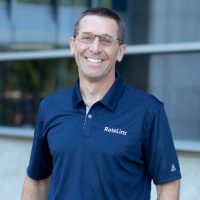
Shannon Vaillancourt is the President and Founder of RateLinx. He started the company in 2002 with the idea that there was a better way to give companies complete visibility to their supply chain. Since then, RateLinx has become a leading supply chain software and data services company that gives retailers, manufacturers, and distributors the ability to ship, track, and pay for their freight. Before founding RateLinx, Shannon held several leadership and technical roles in software engineering, solutions, and services. He graduated with a bachelor’s degree in Electrical Engineering from the University of Wisconsin-Platteville. Connect with Shannon on LinkedIn.

Jim Floersch is the Senior Global Logistics Manager at Pentair. He excels in managing global carrier contracts and relationships, optimizing transportation processes, and driving best practices. Over the last 30 years, he held pivotal roles at Flagstone Foods, Polaris Inc., Medtronic, Target, and Intel Corporation, showcasing his expertise in logistics, supply chain management, and leadership. His comprehensive skill set includes carrier sourcing, rate negotiations, TMS system configuration, freight audit, and payment solutions, making him a trusted leader in the field. Connect with Jim on LinkedIn.
